When AWP announced their 2022 conference would be in Philadelphia, I was super excited to go and hang out with my publisher Lanternfish Press in their hometown. During the pandemic, I became a mom, and I'd thought by now perhaps there would be a vaccine for the littlest humans, but as the conference approached it became clear that there would not be one in time. I decided to attend virtually instead. (Fingers crossed for an in-person return to AWP in Seattle in 2023!)
I like to choose a theme for each AWP to narrow down the many options. One year I focused on literary agents. Another year I focused on learning more about the literary magazines I wanted to submit short stories and essays to. This year, I am putting the finishing touches on my third novel, set in the Netherlands in the late medieval/early Renaissance period and in 2016, and I am trying to make progress on my collection of lyric food essays that blend research and memoir, so I am focusing on panels on historic fiction and creative nonfiction.
What follows are some notes from the virtual panels I attended. I hope you find them helpful!
Staying in Key: Recognizing & Avoiding the False Notes of Anachronism
Panelists: Janet Benton, Donna Hemans, Keenan Norris, Jennifer Steil; Moderator: Aimee Liu
Liu invited each author to read a brief excerpt of their work and discuss the challenges they faced writing particular times and places.
Benton read from Lilli De Jong, set in a 19th century alms house in Philadelphia, near a swamp. In this scene, a pressing question for her was: what is the condition of a baby close to death? Her Quaker protagonist meant attending to language, interaction, spiritual belief, and characters' views of the choices they are making in very particular ways. In this time period, Benton noted, Quakers "were not slavish to religion" and "were willing to buck convention," something she wanted to stay cognizant of. At a reading, an octogenarian Quaker asked Benton how she managed to capture the voice of her grandmother, which sounds like quite an accomplishment!
Stiel read from Exile Music, which tells the story of Jewish refugees from Vienna in Boliva in the 1940s. She chose a passage that required a lot of research: what did La Paz look like in the 1940s? How did the refugees communicate, socialize, get help from refugee organizations? What was the effect of altitude on the body? One strategy for writing this book was to make Viennese culture as clear as possible first to demonstrate the sense of loss and disorientation upon arrival in La Paz. As someone who moves to a different country every few years, she now makes sure to take extensive notes upon arrival in each new place, to maintain that perspective.
Liu's novel Glorious Boy is also set in World War II, but on India's Andaman Islands, off the coast of Burma. Researching this novel is what gave Liu the idea for this panel. One question she had as a writer: what is it like to move through a forest that’s never been penetrated and you’re on a spy mission where you can’t leave a trace? The area was used as a penal colony by the British so there were also people from all over India, therefore making it quite a multicultural place. One strategy Liu used was to choose an American protagonist to help avoid anachronisms; she makes mistakes because she is American and then Liu as the author can make those mistakes clear to American readers.
Hemans's novel Tea by the Sea flashes forward to 2010, in Jamaica, where Plum, a young woman born in New York, is in search of the daughter that was taken away from her. As a Jamaican-born author, Hemans had to take care to consider how Plum would see Jamaica. She also needed to take care to depict the landscape of 2010 and not the one she grew up with; for example, a plant disease has ravaged many a coconut farm and there are less cane fields and orange groves than Hemans saw growing up. Hemans also talked about imbuing the landscape of Brooklyn upon Plum's return with a sense of loss.
Norris's novel The Confession of Copeland Cane is set in Oakland from 2020-2030. An important challenge was the need for "fidelity to present tense conditions while looking forward to the future.” For example, COVID emptied out San Francisco in the short term and he had to speculate how that might reverberate over the decade. A special challenge was that he began writing this novel in 2015. Liu remarked that his novel, published in 2021, was the first that showed people grappling with masks. He said, "The desperation of having to rethink my book was a great lesson in the creative risk of writing a book.”
What’s Form Got to Do with It: Finding Shape in Memoir Projects
Panelists: Tyrese Colman, Krys Malcom Belc, Marcos Gonsalez; Moderator: Sarah Fawn Montgomery
I came to this panel thinking about my essay collection but I came out of it also thinking about my one-day memoir of living with a rare chronic illness and choosing to grow my family through adoption.
Tyrese Coleman read from How to Sit, a memoir that is not 100% nonfiction: "Memories are not facts…they contain their own truth regardless of how they’re documented." She recommended David Sedaris's Barrel Fever as an example of a work that mixes fiction and nonfiction in one volume, though the genres are clearly delineated, and Tim O'Brien's The Things They Carried and Sandra Cisneros's The House on Mango Street as examples of "memory writing." Her next book will mix historic fiction and memoir (exciting!) and as a memoirist who is not an academic or journalist she encourages others in the same position to provide context before feeling free to offer conclusions, e.g. don't feel obliged to be neutral in your own memoir.
Krys Malcom Belc's The Natural Mother of the Child is a memoir in essays that also includes speculative nonfiction, a genre I'd love to learn more about. As he was writing the book, he wondered: was this an essay collection that needed to be diversified or was this a memoir that needed more blending and cohesion? The book's central question: what does it mean to be a transmasculine person who has given birth? Each essay looks at this question but has its own aesthetic and level of research versus personal exploration. Belc spent a lot of time looking at pictures from childhood and legal documents, trying to understand his passage through time, and offers these materials to readers— it’s a visual book. Regarding the question of what research to include and what to exclude, he noted that editors can help point out where there is too much research--the stuff you’re nerding out on that an audience beyond you would not be so interested in.
Marcos Gonsalez wished that before he wrote Pedro’s Theory he'd asked himself “What is the narrative I want the reader to leave with? What are they moments?” The pre-writing process, he advised, should put key moments under a microscope and incorporate the perspectives of others even if it don't align with your own. He also urged the audience to consider: how can you make research reader-friendly and reader-inviting and integrate it into the fabric of the story? How do we include literary criticism or historiography, for example, while still inviting the reader in? Two inviting examples: Jenn Shapland's My Autobiography of Carson McCullers and Kate Zambreno’s Heroines. Of course you need to think about your audience when you consider this question. A final important consideration: what painful moments do you want to share with readers and what meaningful moments do you want to share on your own terms, without feeling overexposed?
Sarah Fawn Montgomery spoke to resisting the traditional narrative arc of memoirs of mental illness. She urged the audience: "don't revise your life." She said, "Flirting with the truth" helped her "stay true to madness" in her first memoir Quite Mad: An American Pharma Memoir. Her intended audience was her family, which did not go to the doctor, so she took medical language and research to show how doctors were overly sedating women or categorizing normal emotions as madness. Her forthcoming lyric memoir, Halfway from Home, blends Montaigneian essays with hermit crab essays and research in “the psychology of mirror and 19th century oil painting and the science of nostalgia" among other super intriguing topics!
That's all for today; hopefully I'll be back tomorrow with more tidbits. If you're attending AWP in person or virtually, what are some pieces of advice you're gleaning that you're finding helpful?

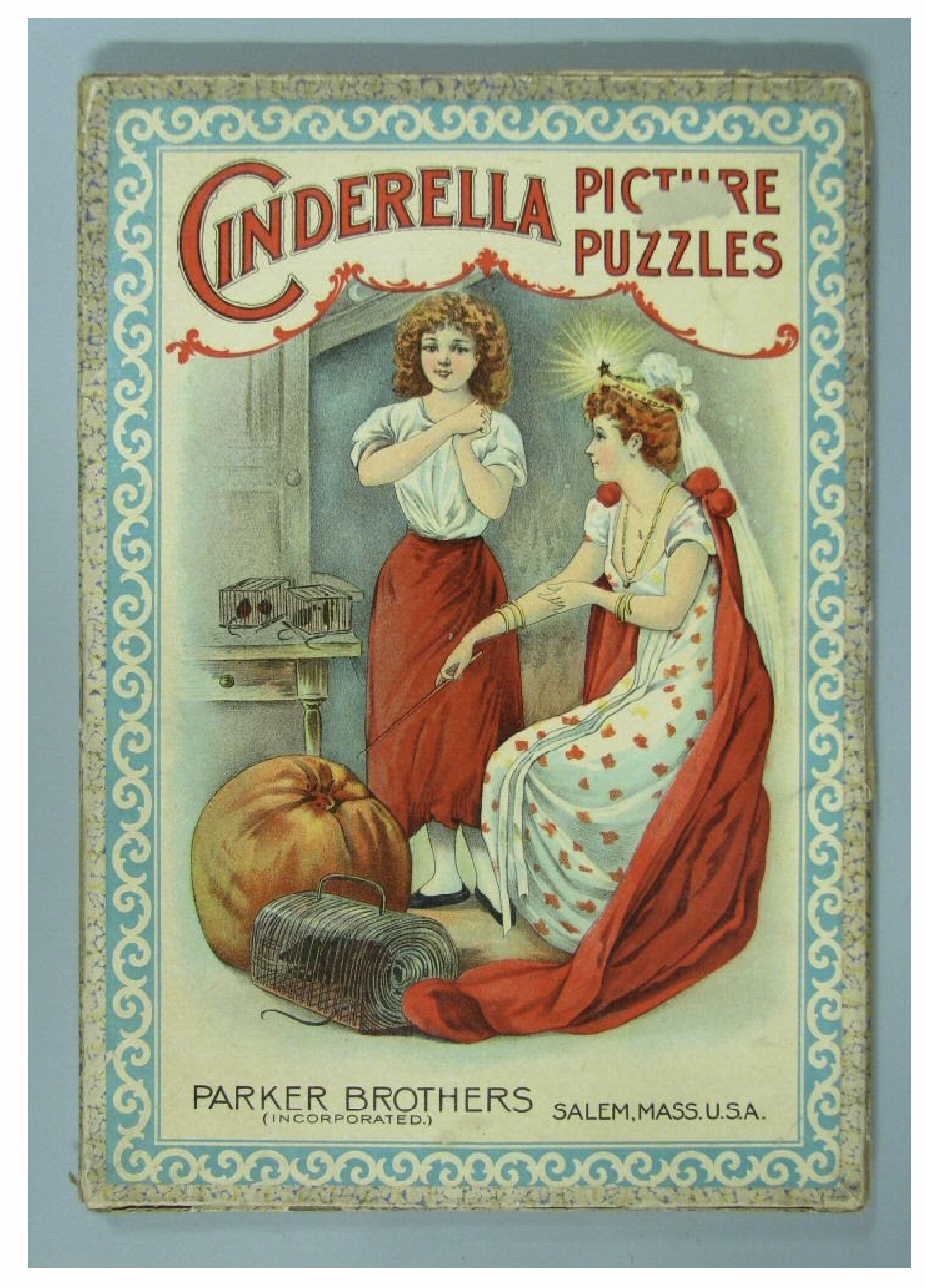




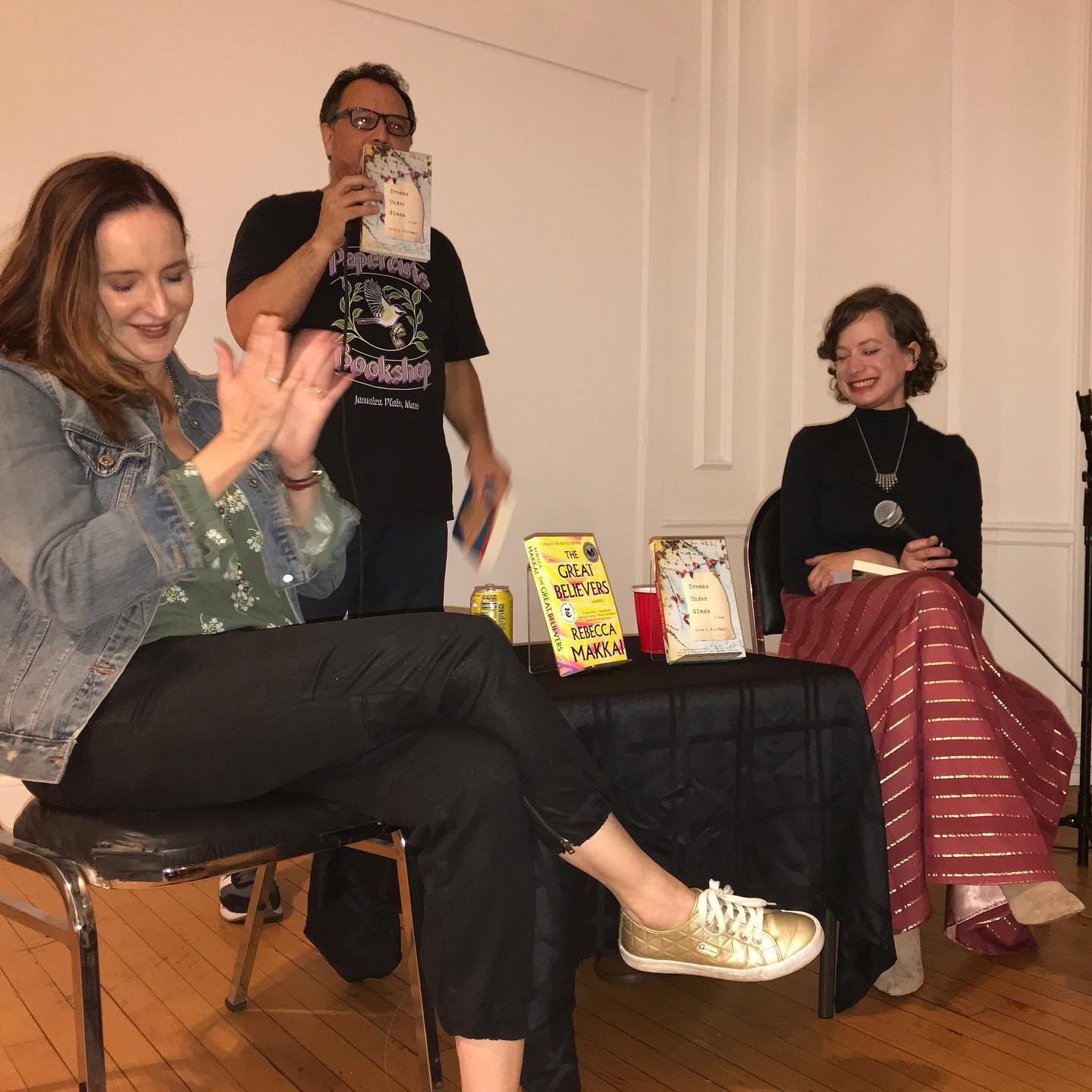

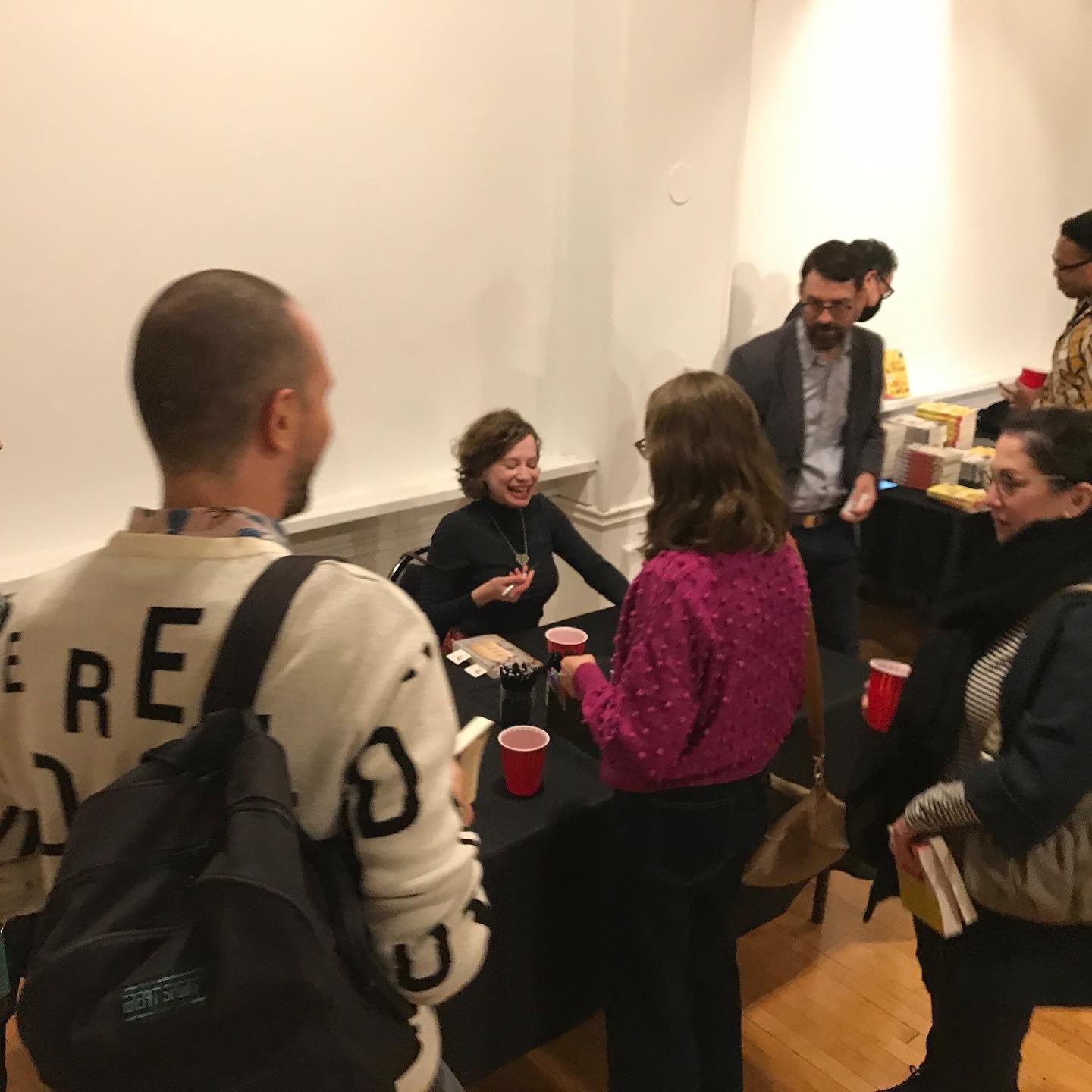
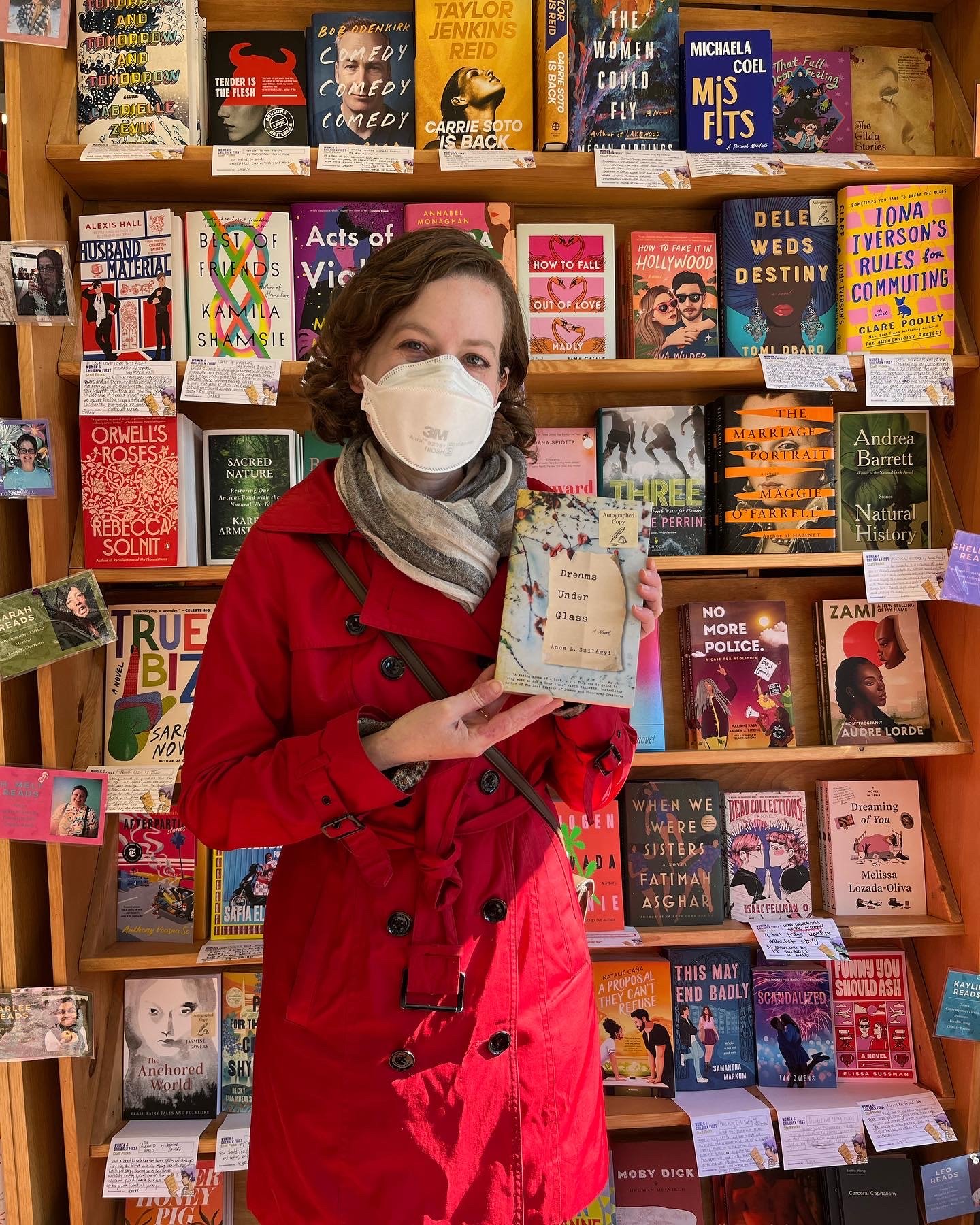


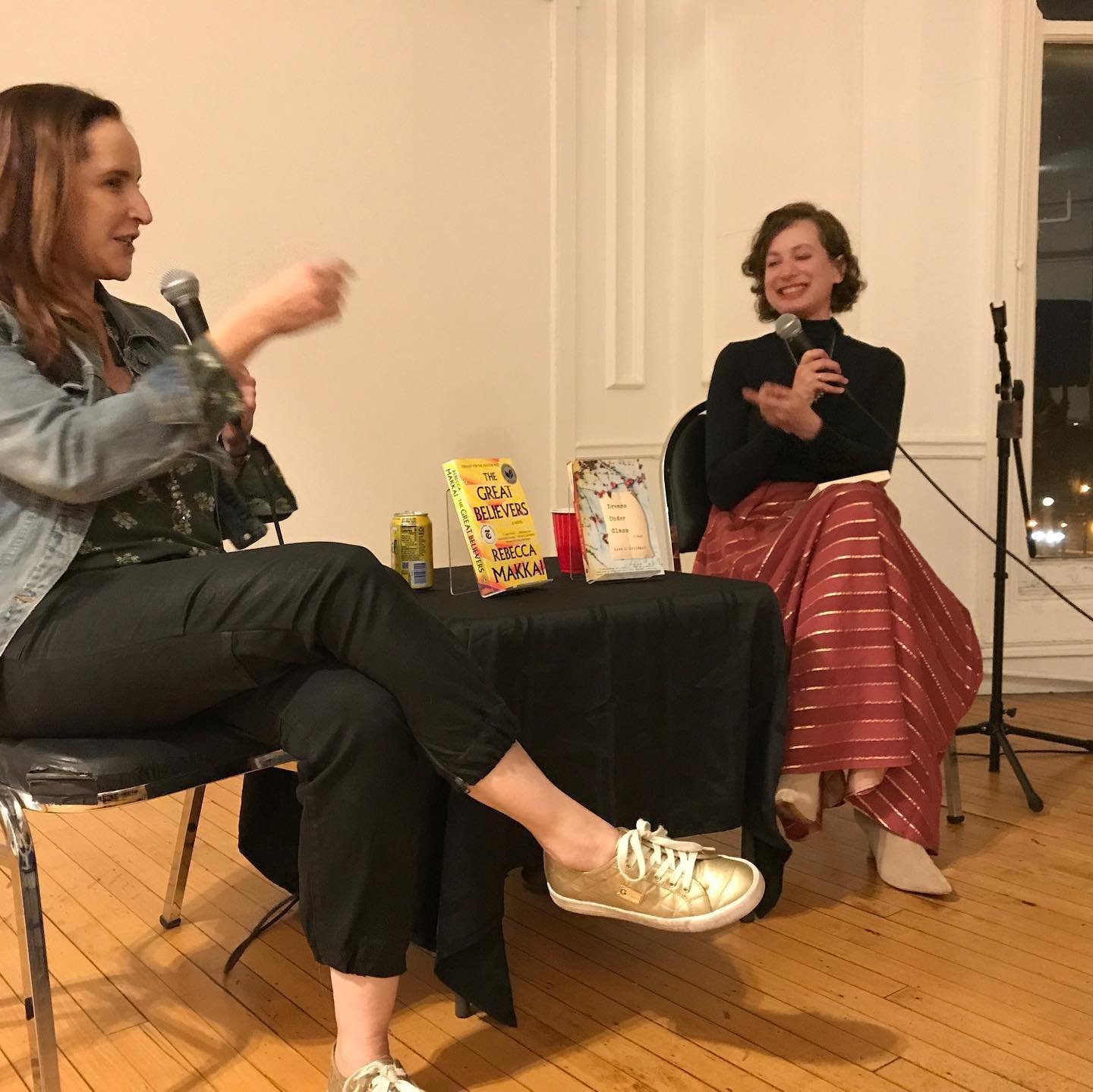

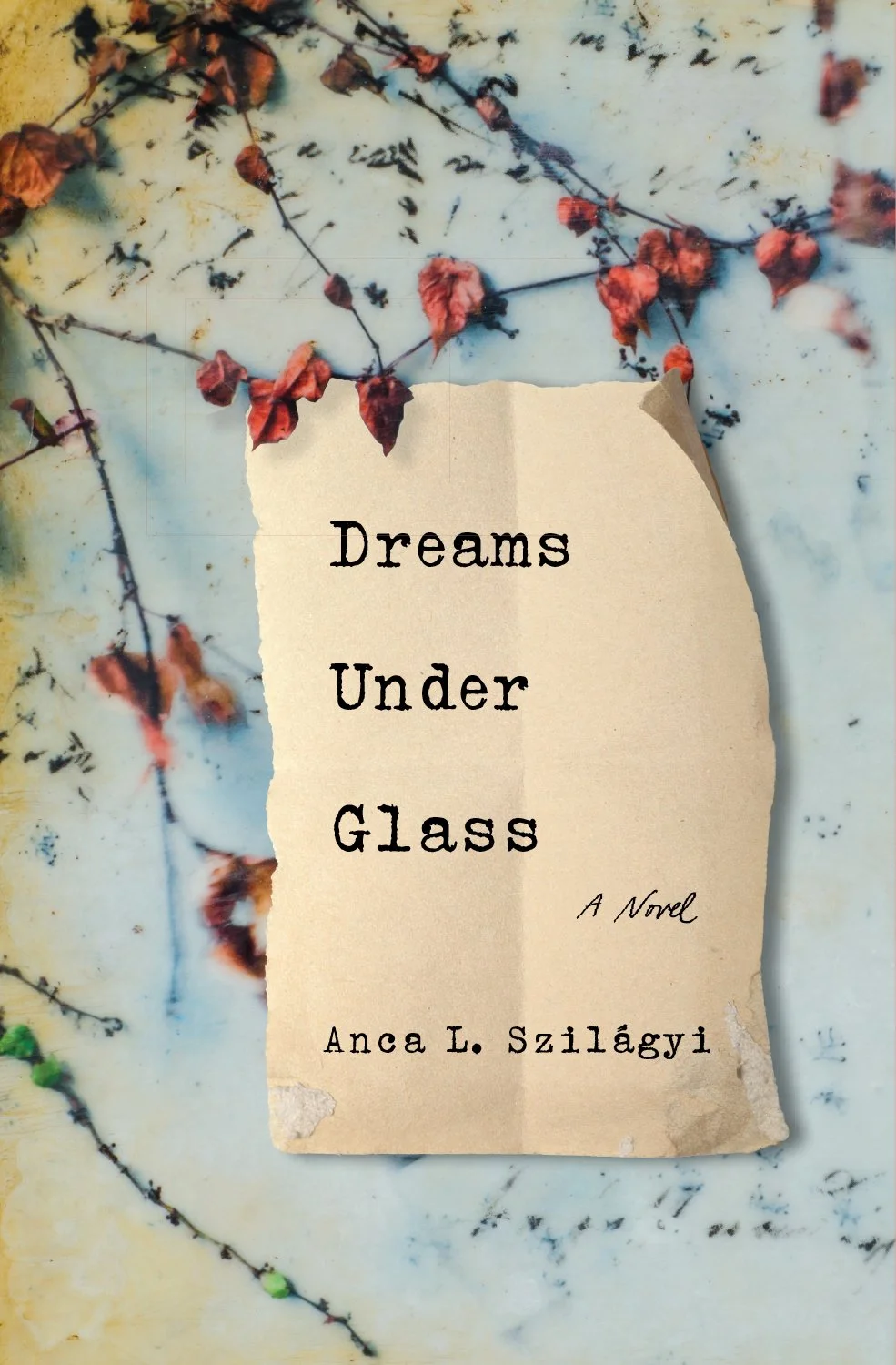
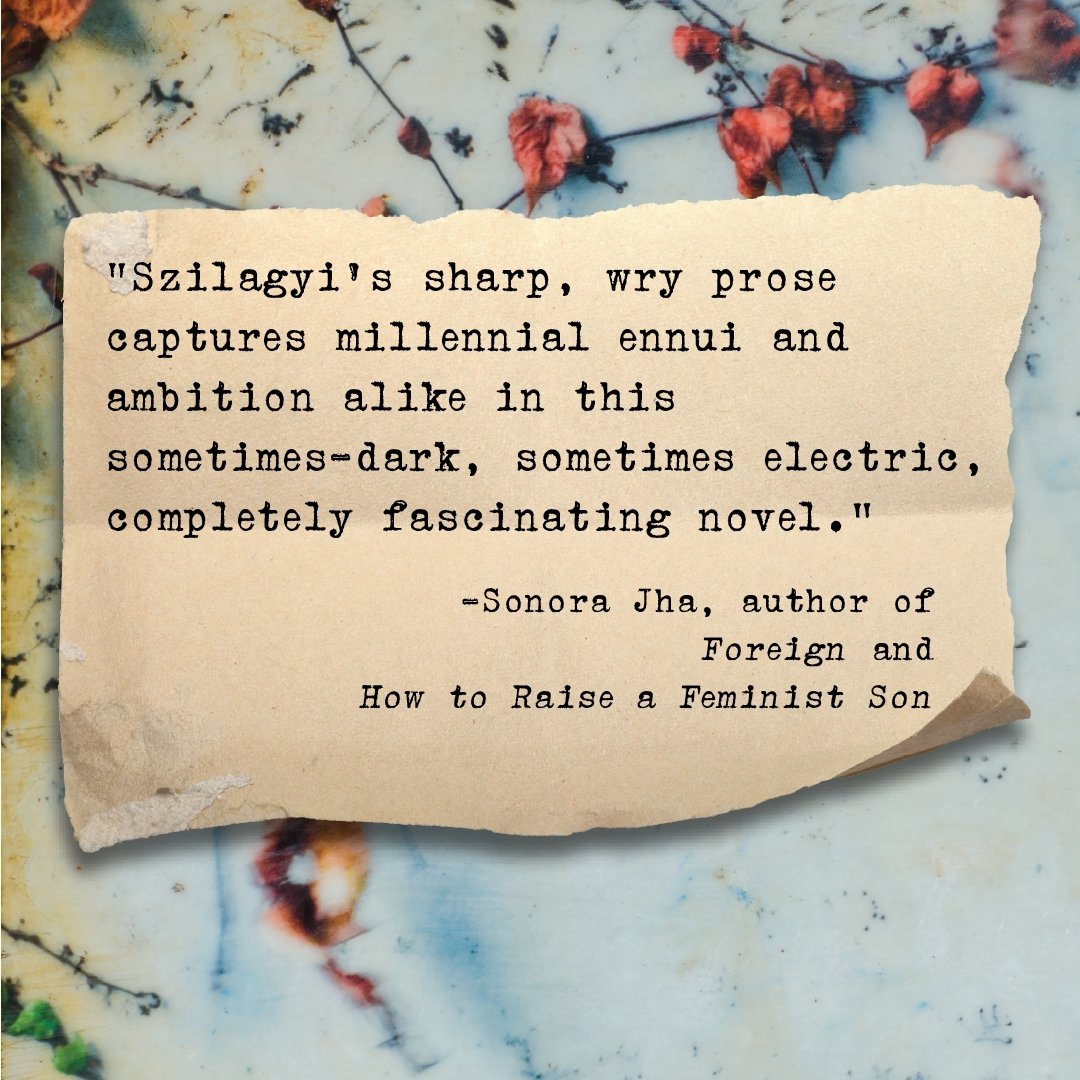
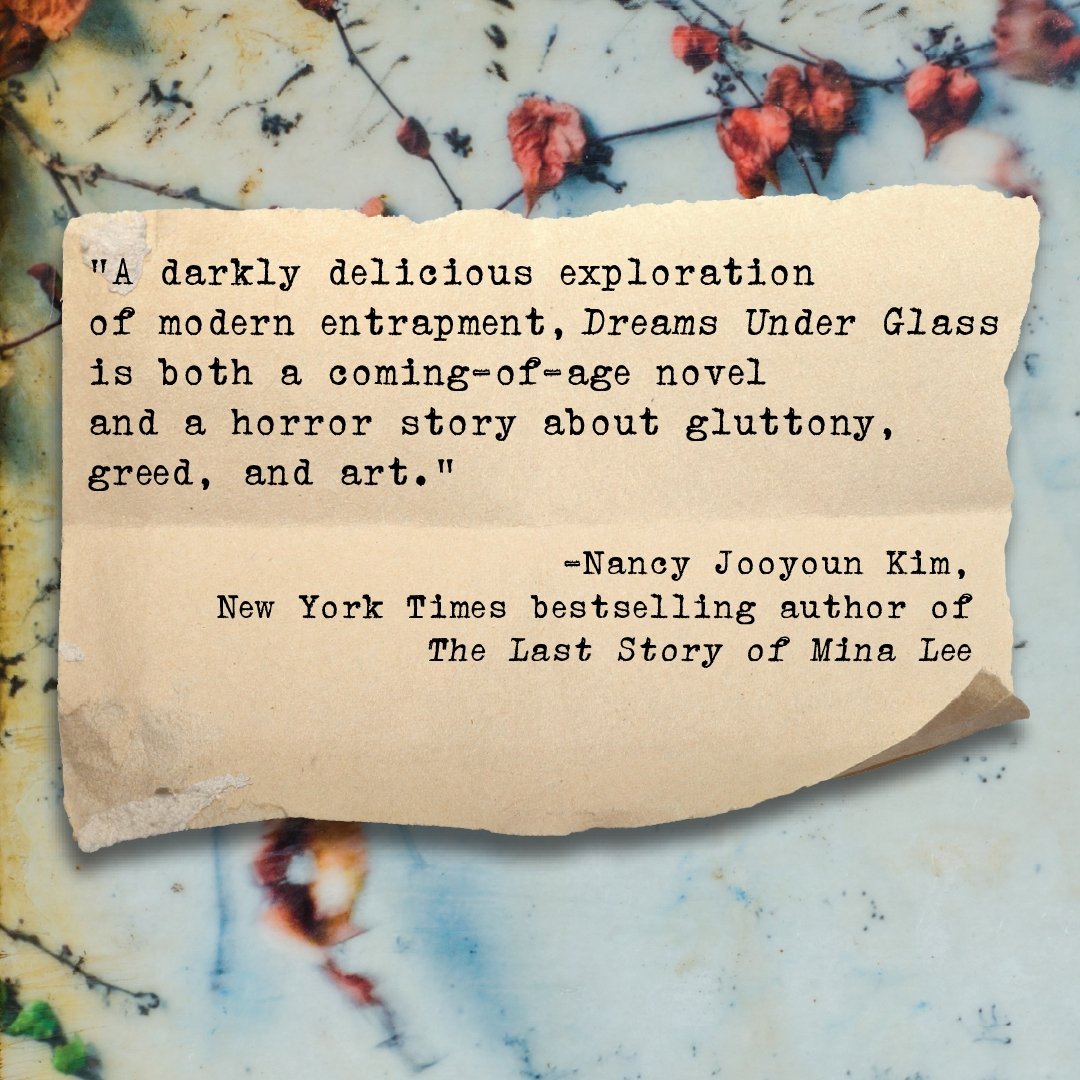
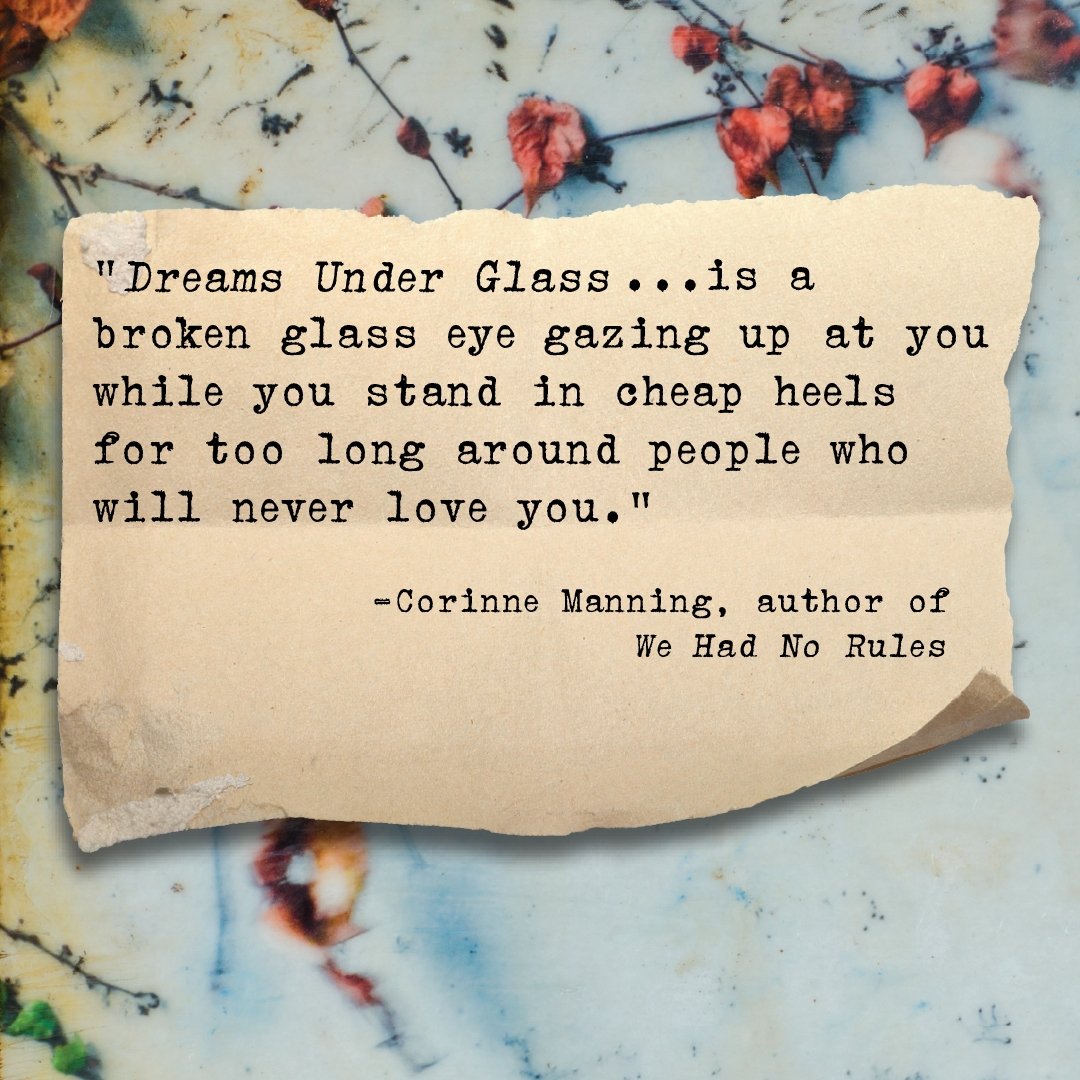
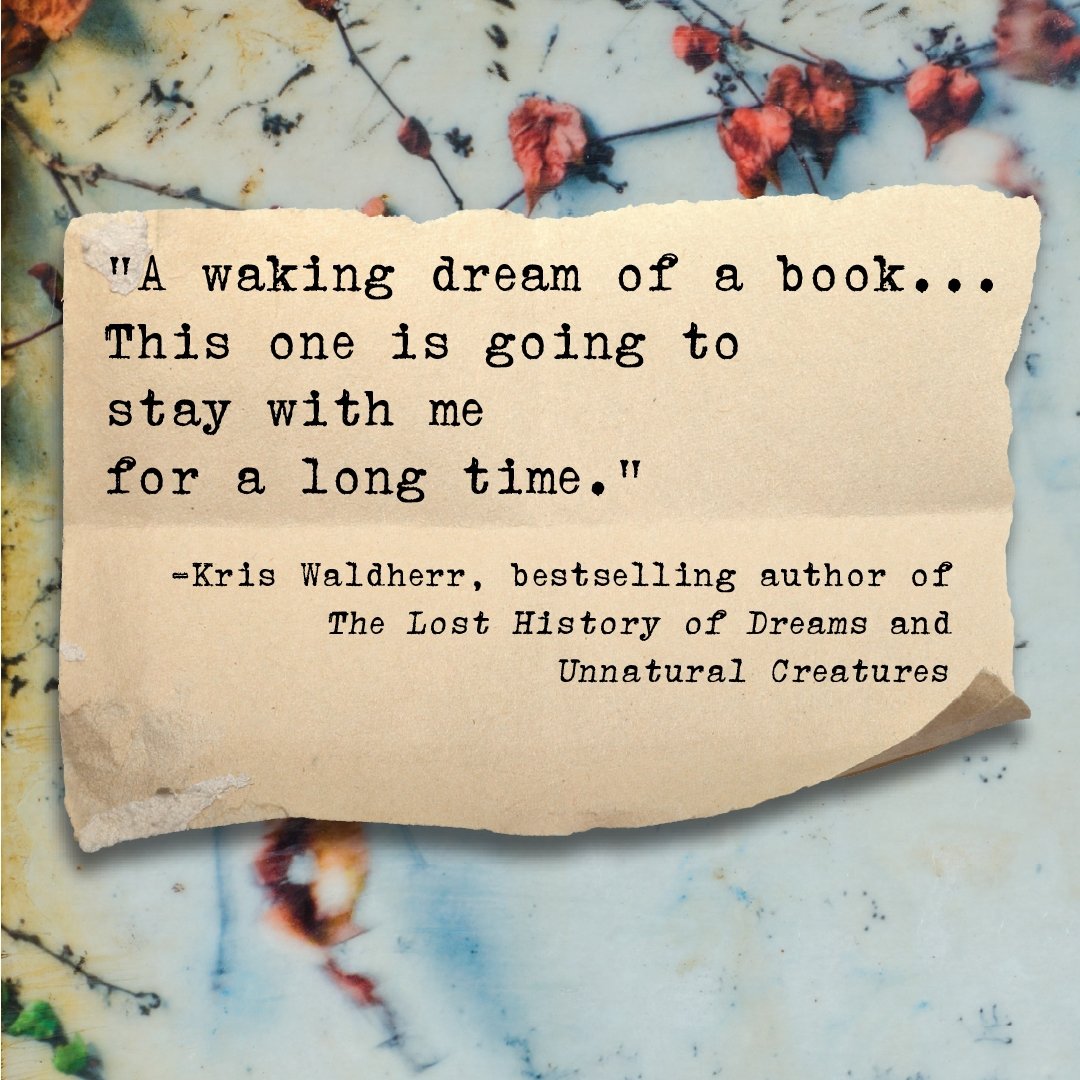
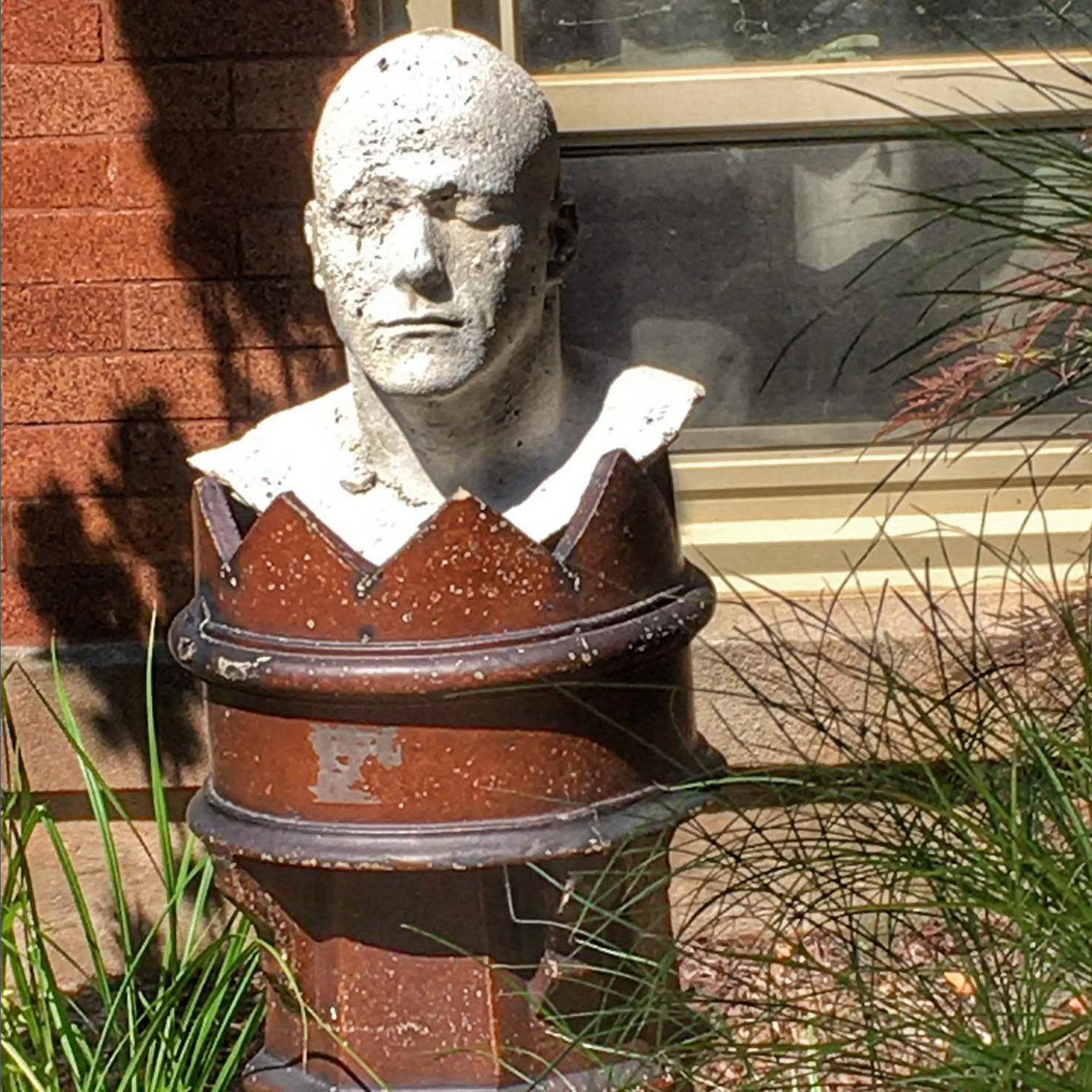

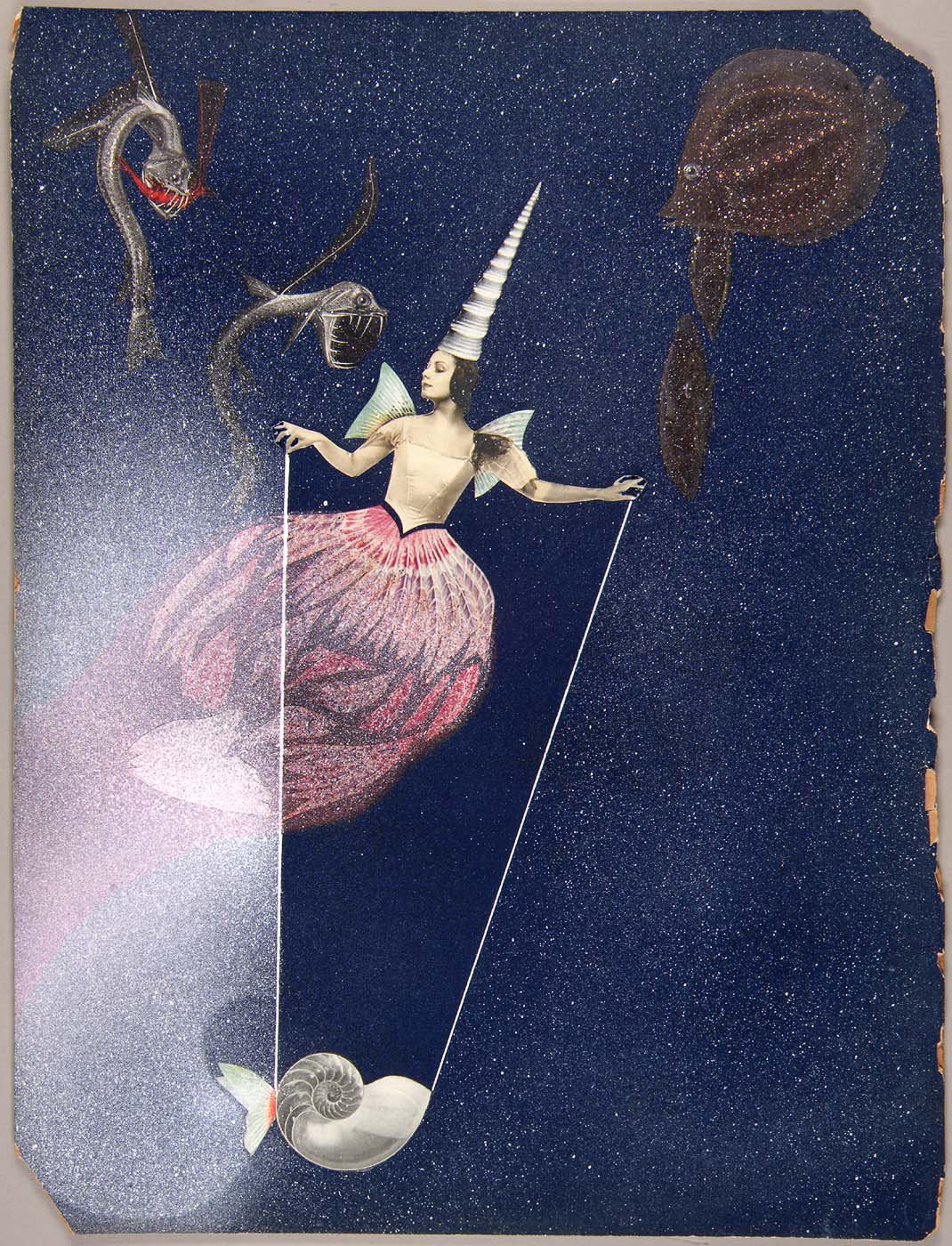
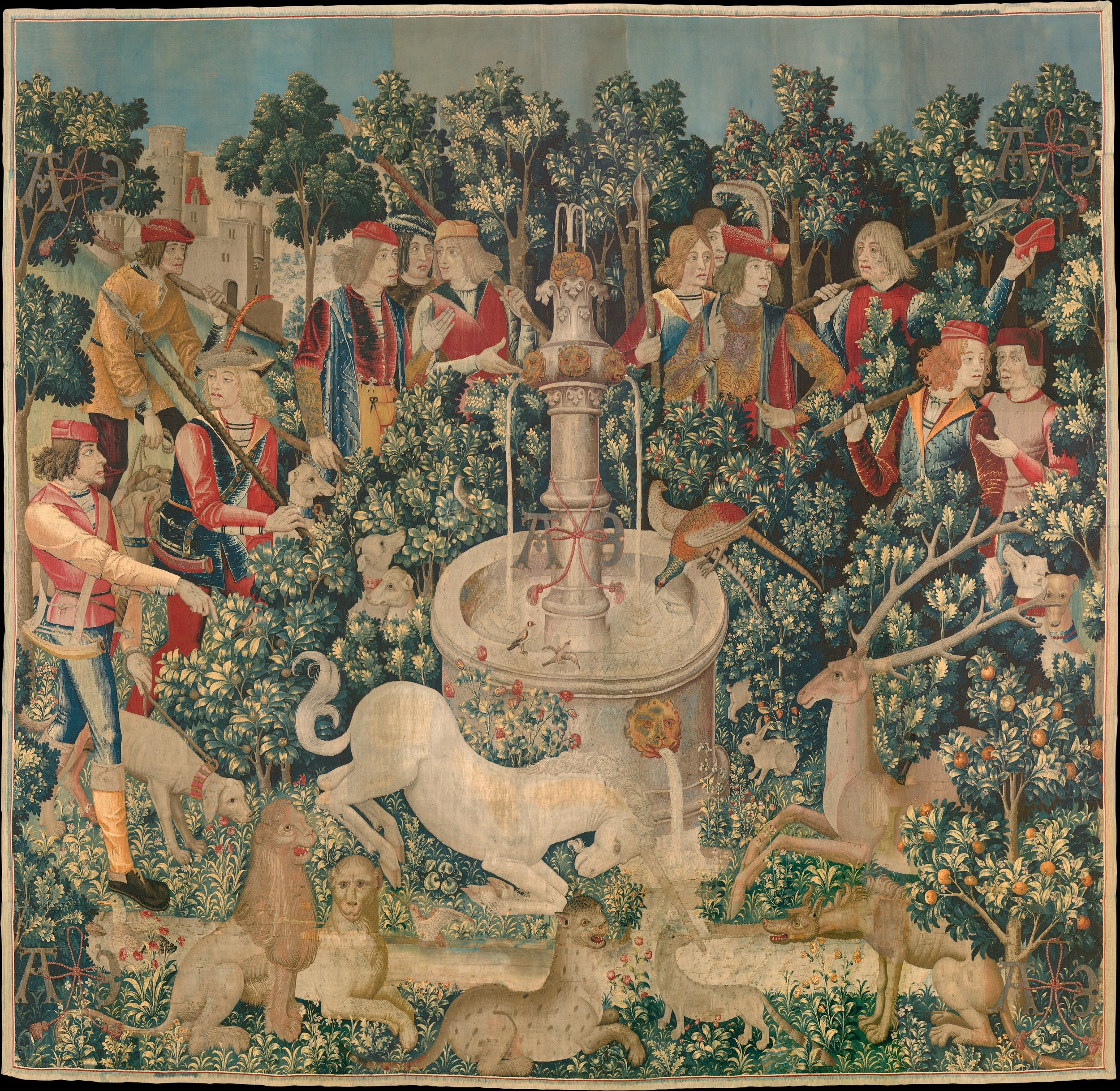
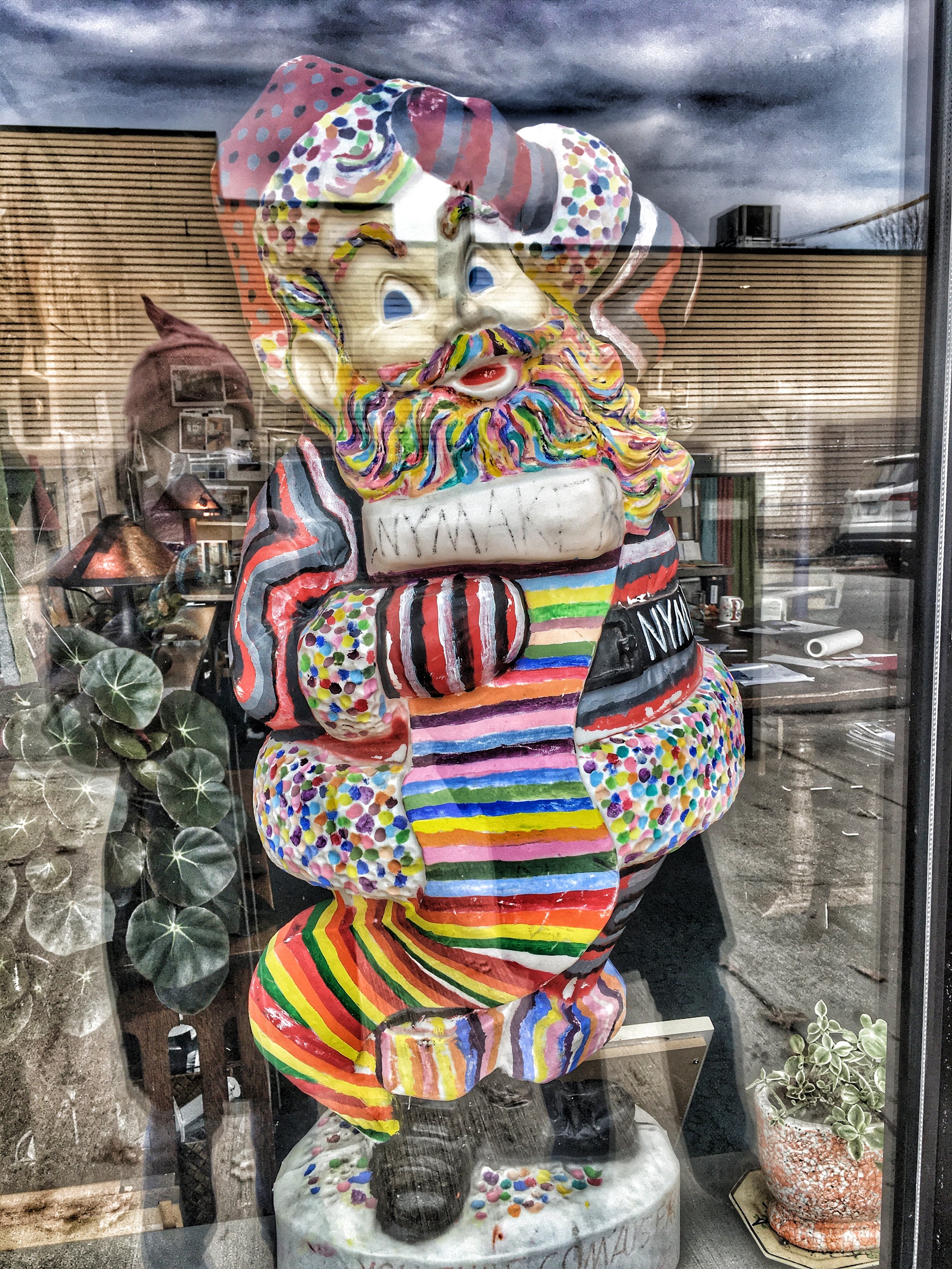
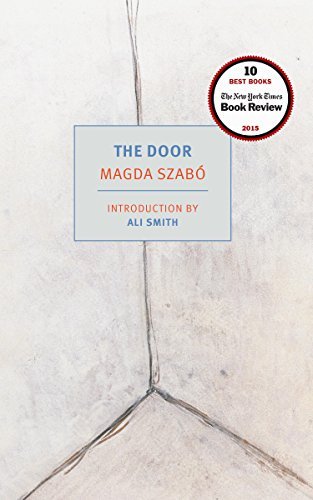
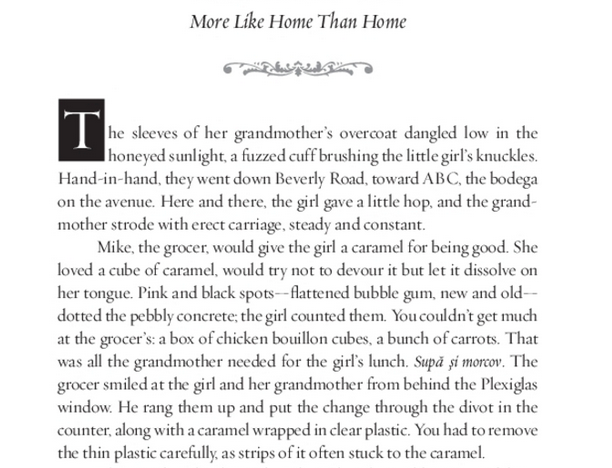
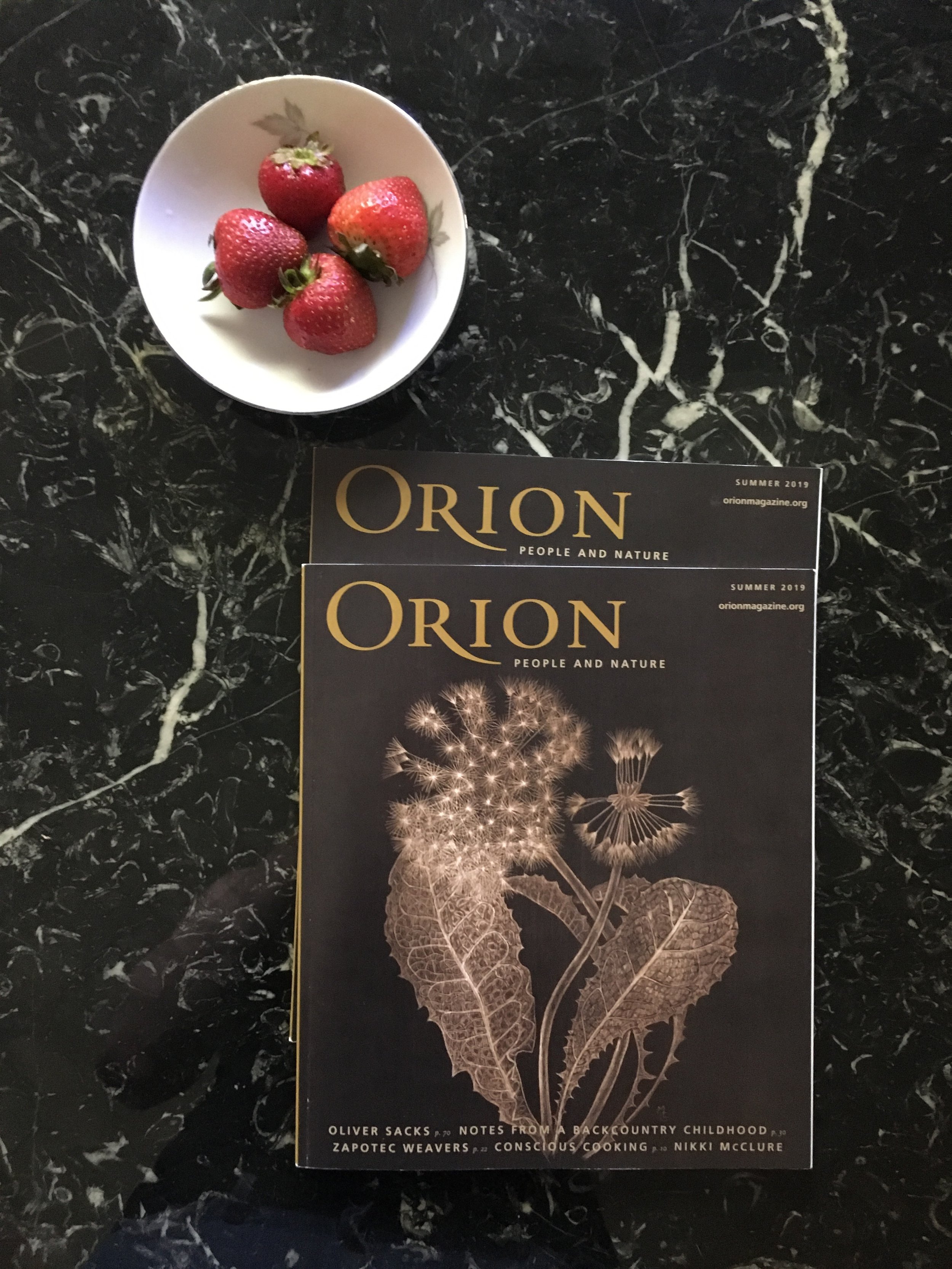
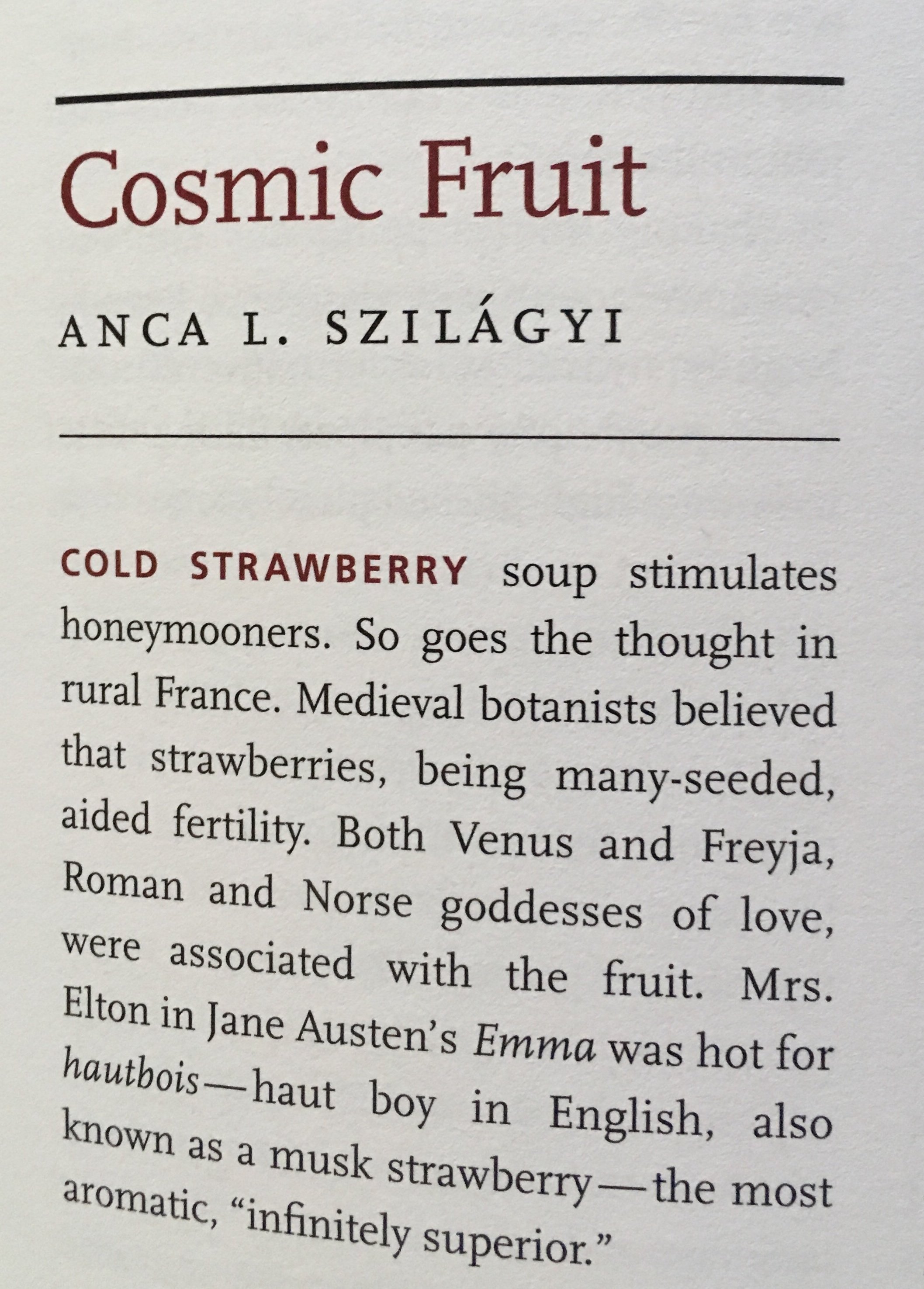
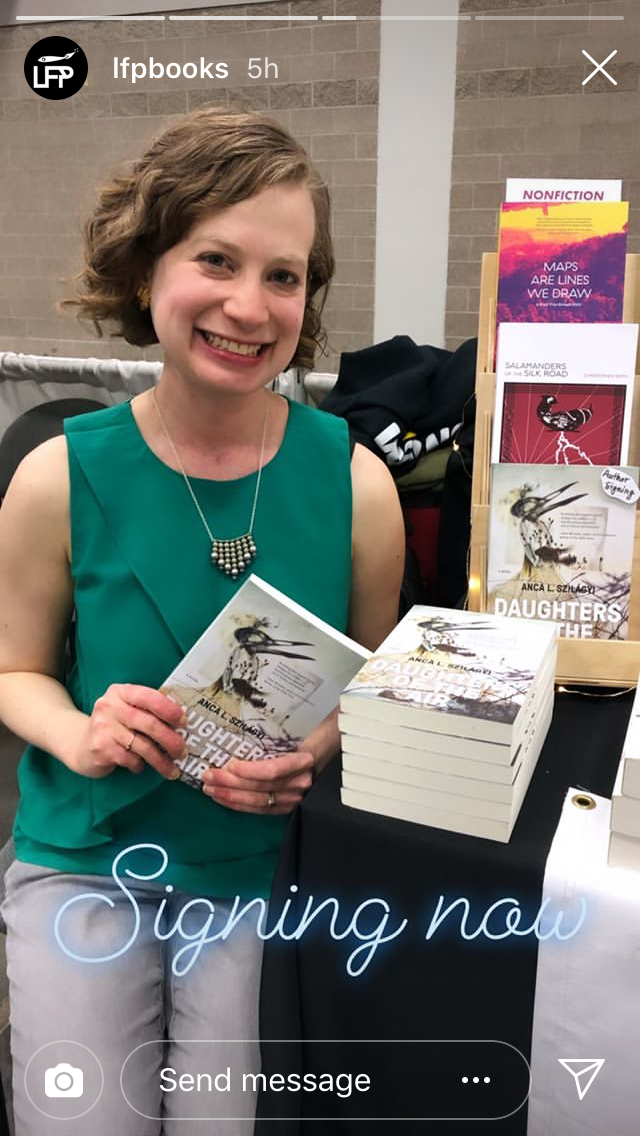
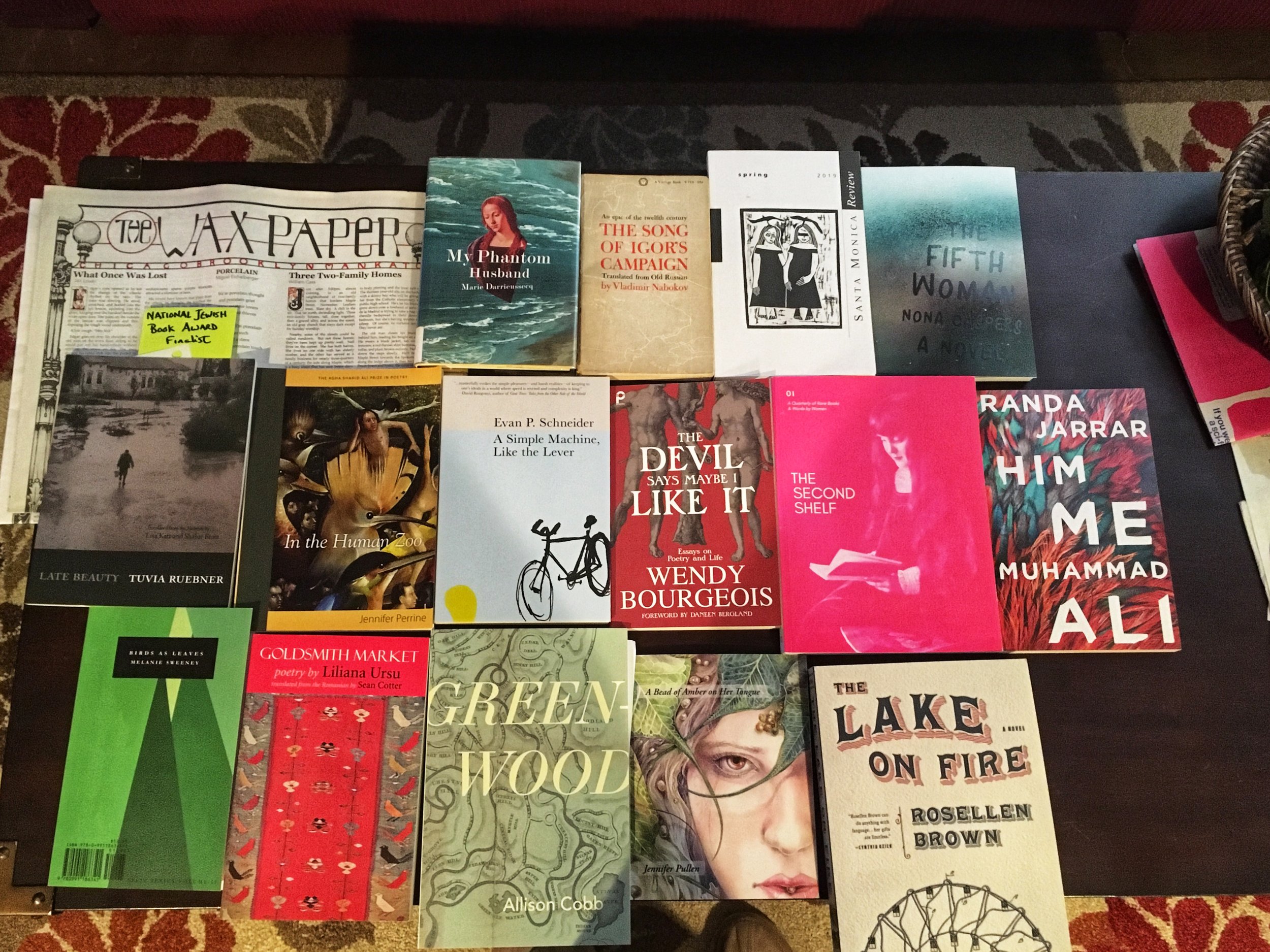
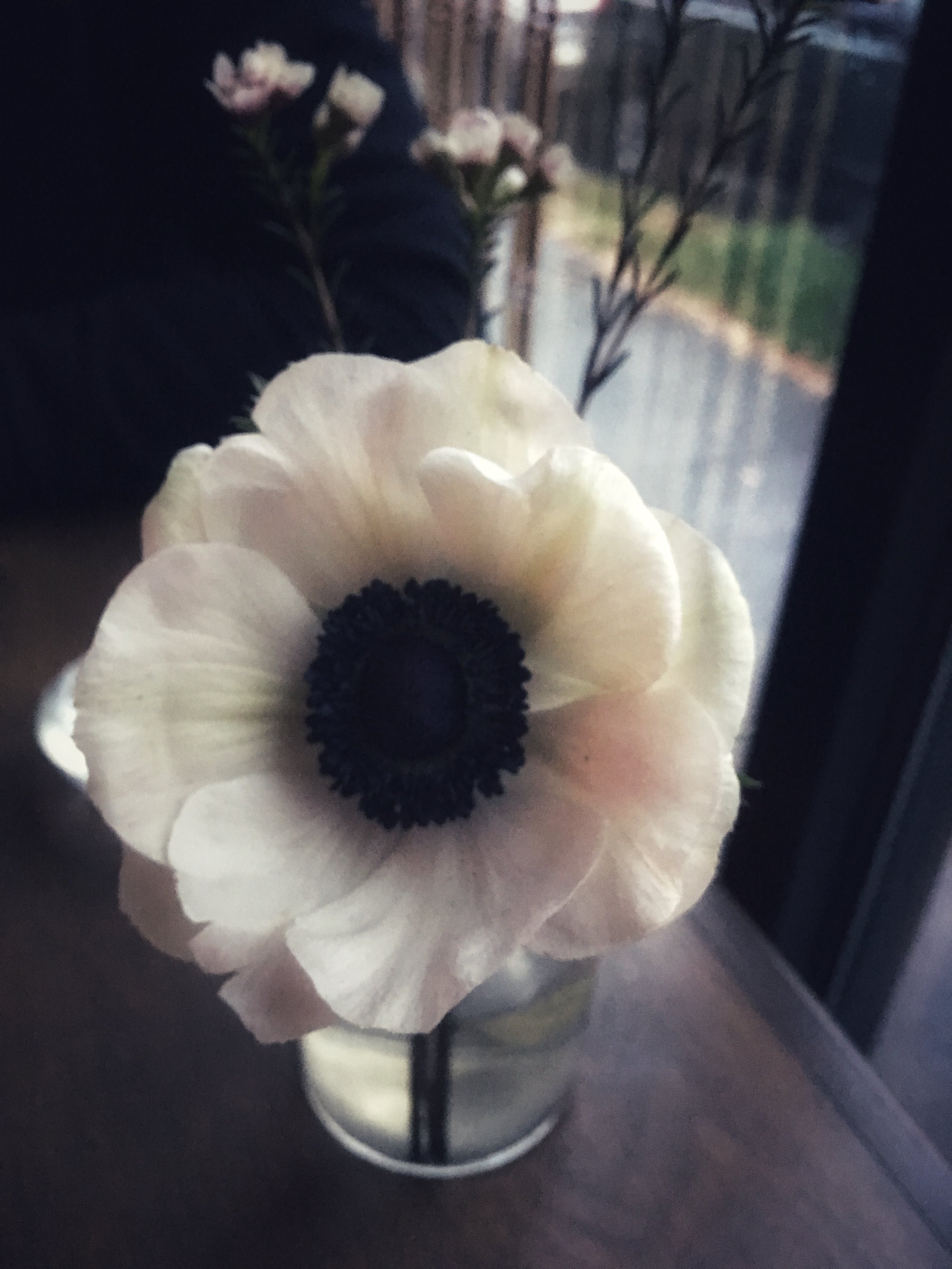
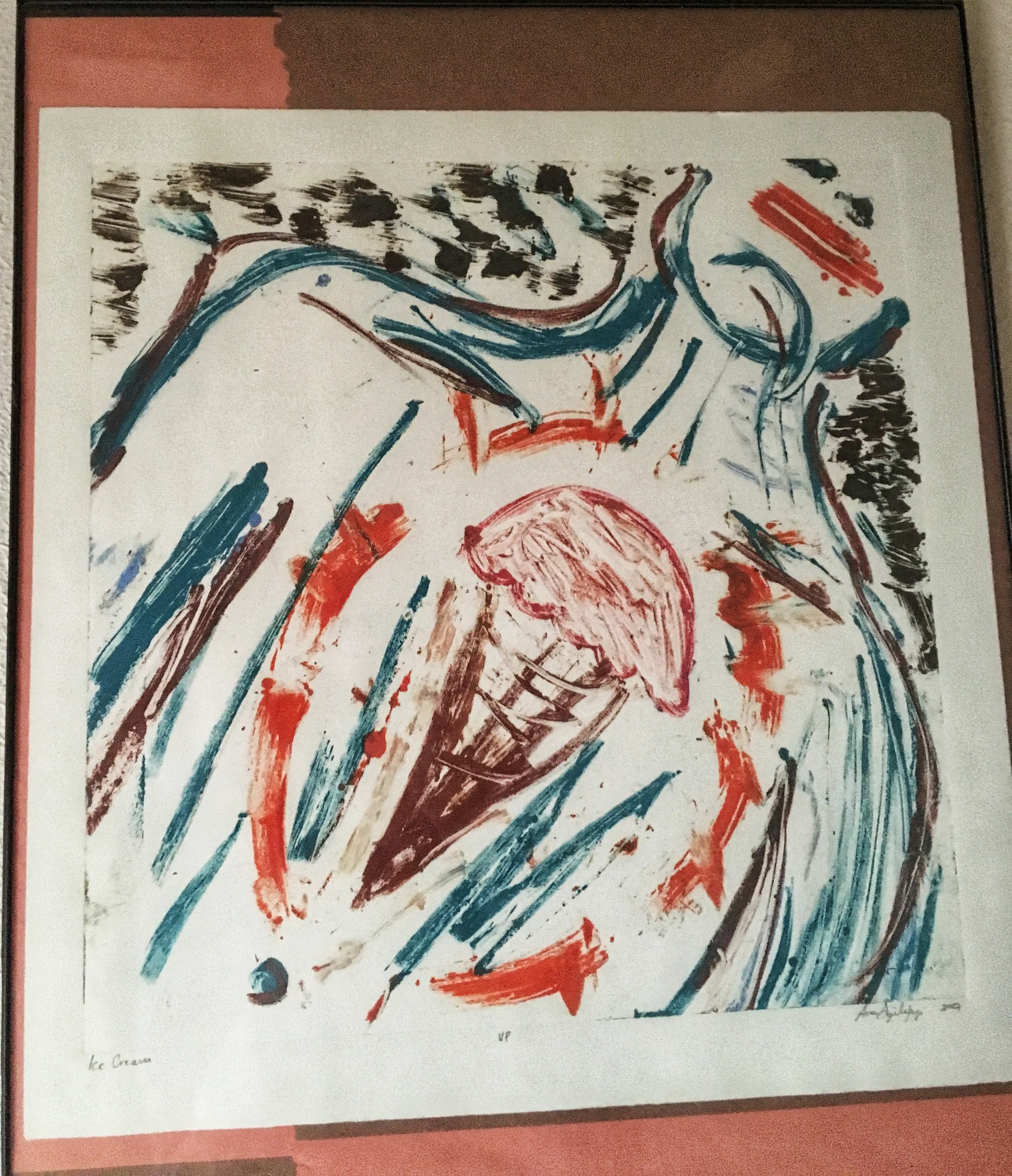
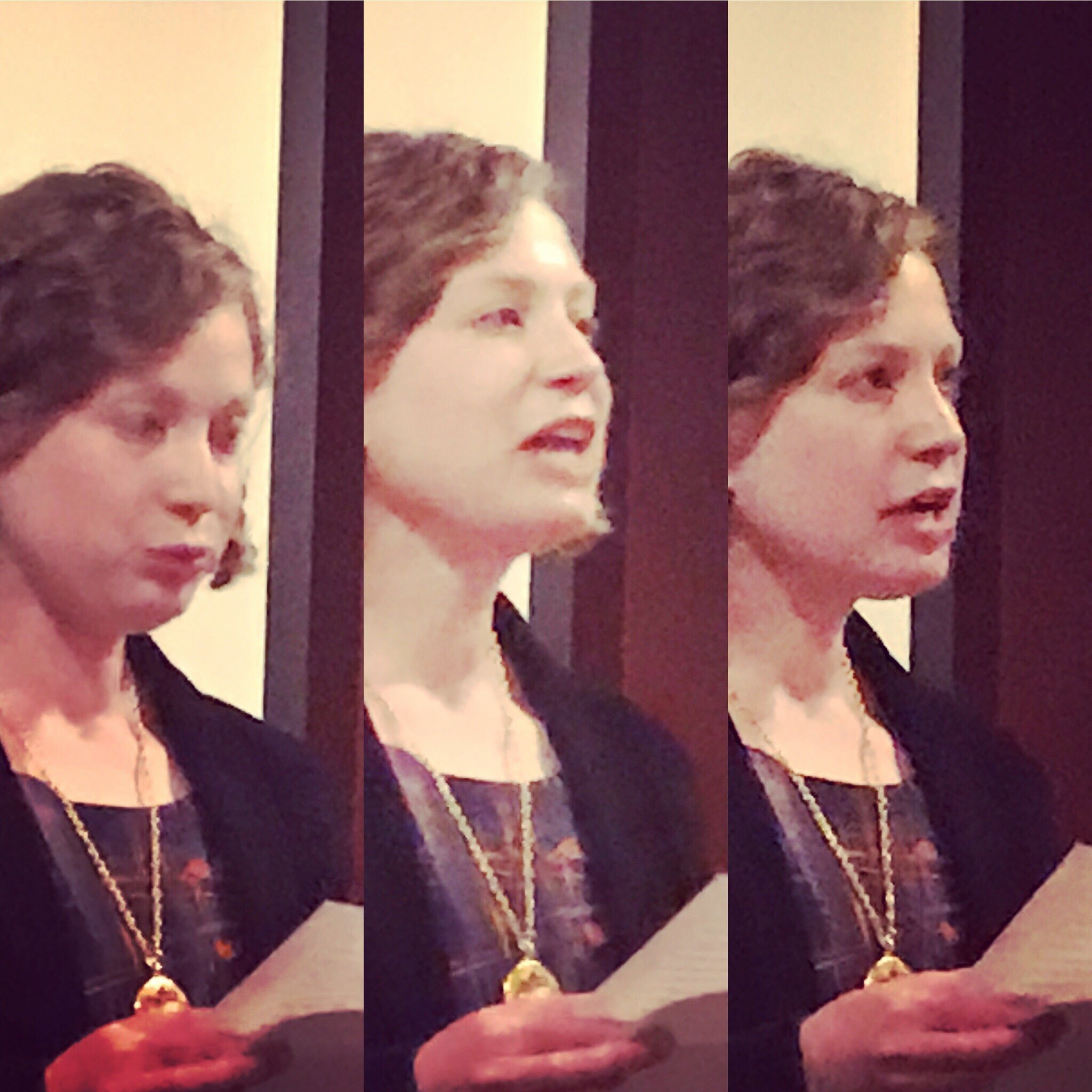
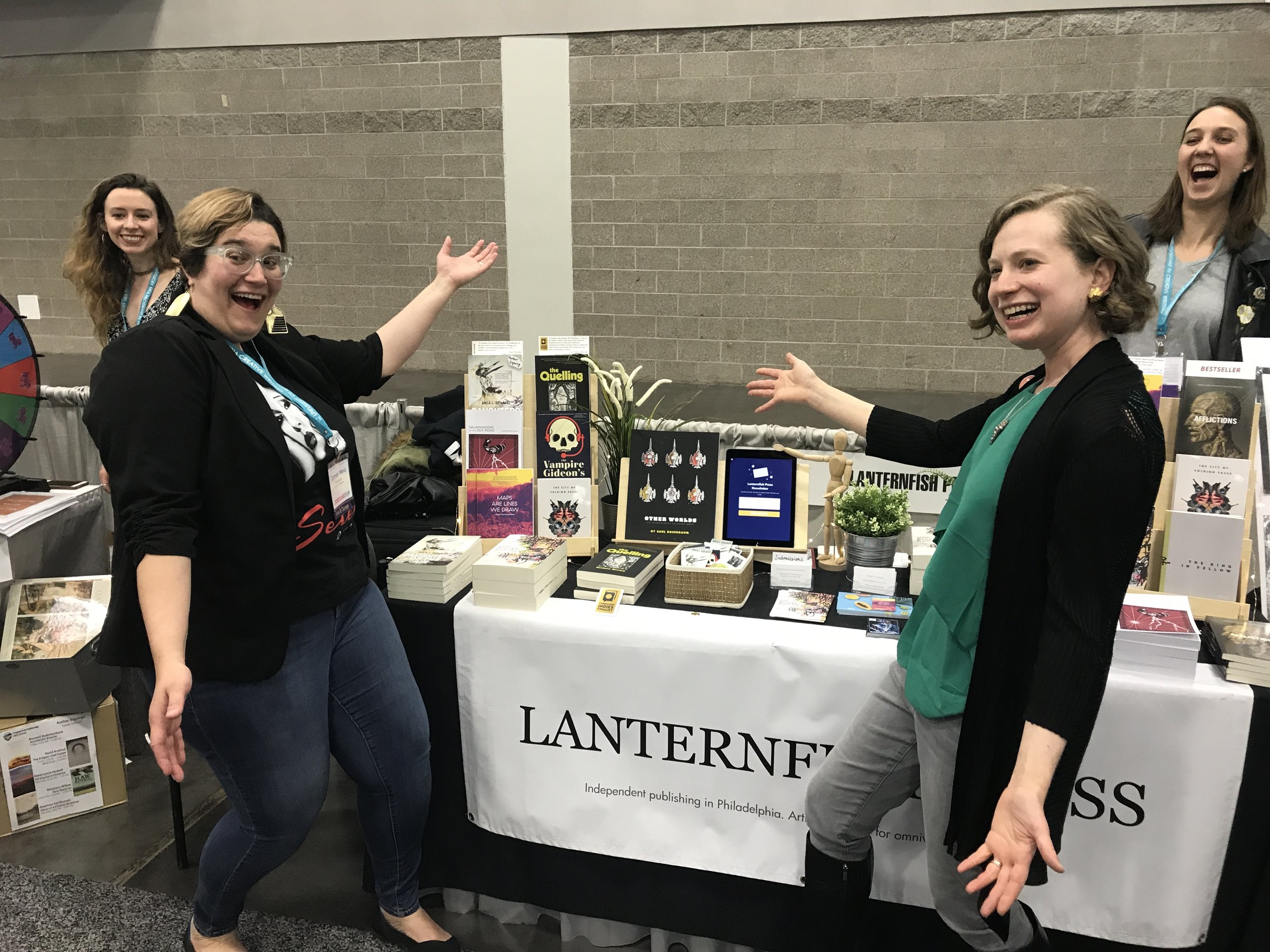
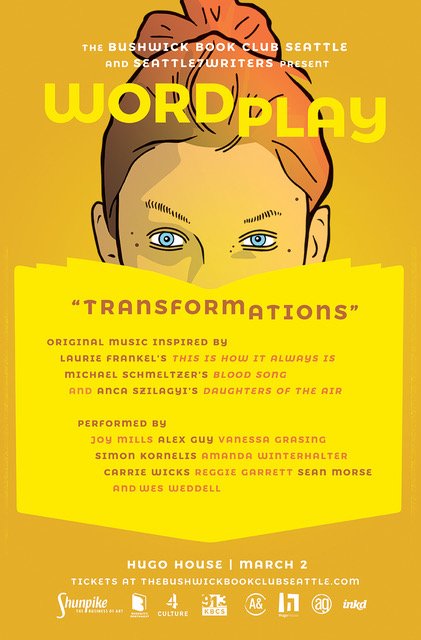
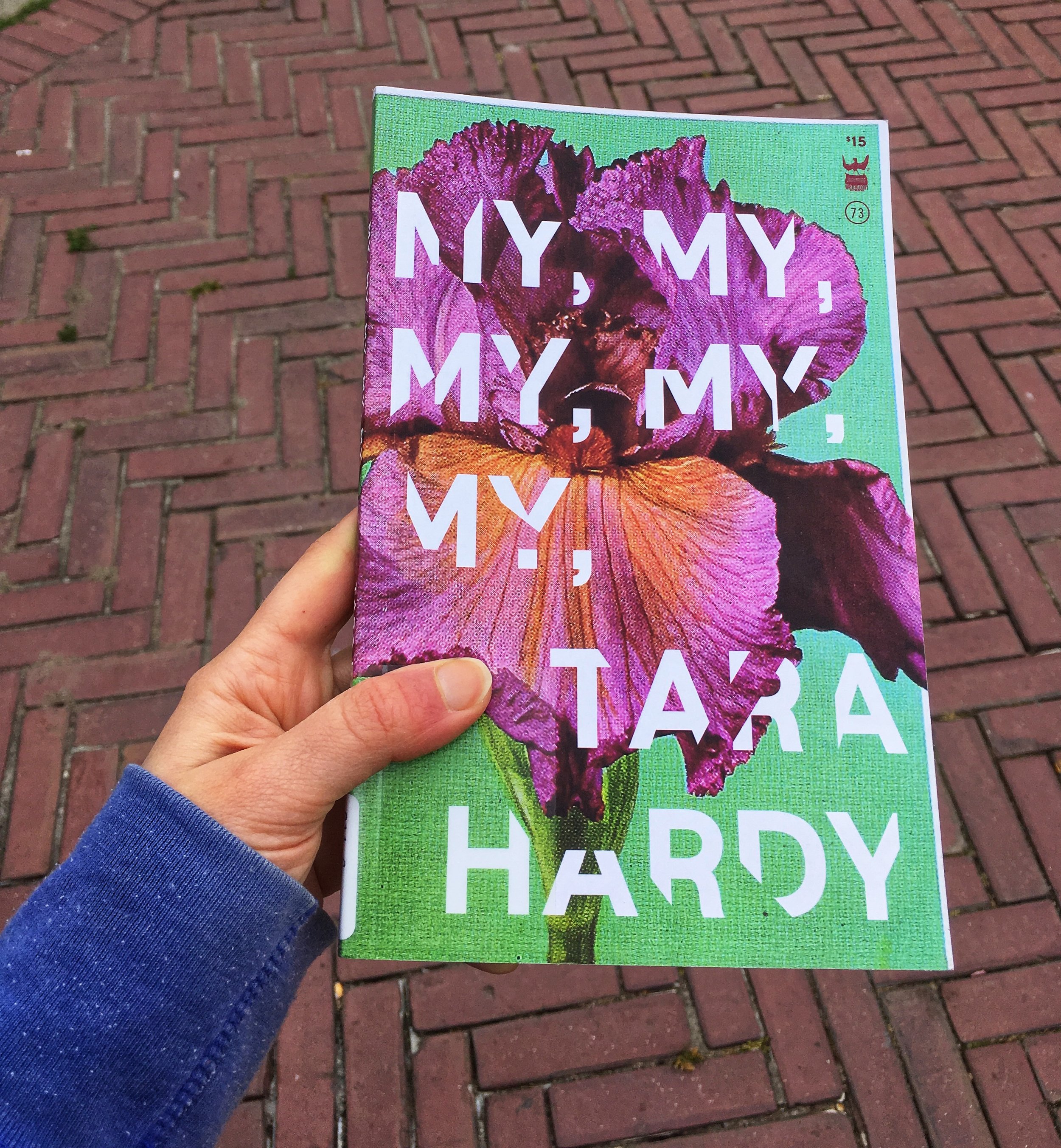 The Seattle Review of Books invited me to participate in their fun & breezy column, "
The Seattle Review of Books invited me to participate in their fun & breezy column, "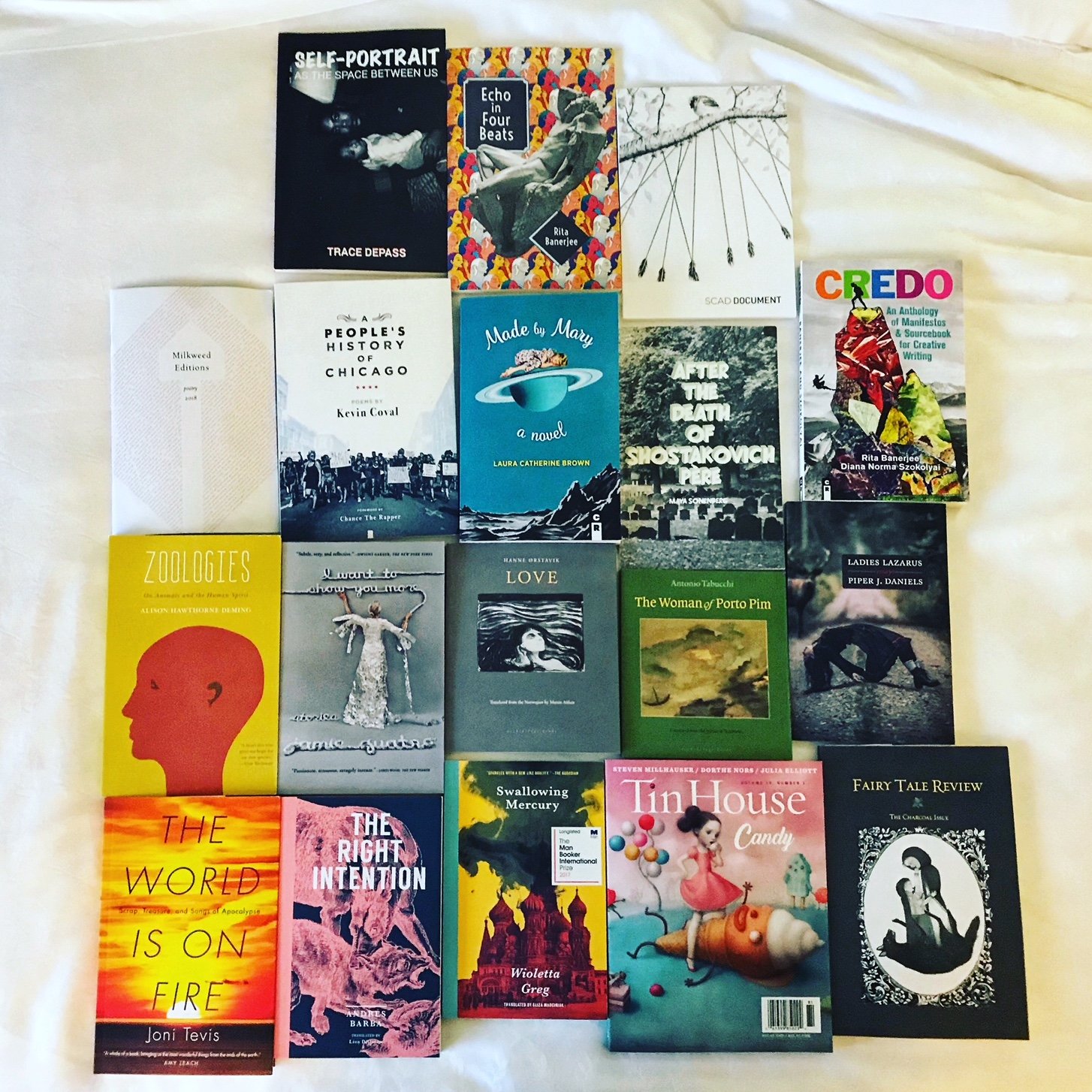 In my last post I promised blood. Well, I'll just say I slid my boot off Friday night and it was like I was one of Cinderella's stepsisters. I'm still limping. On to day 3!What is a better breakfast than a leftover Cuban sandwich? Leftover fried oysters. Just kidding! The Cuban sandwich was much better. Day 3 was the best because Michael got a one-day pass and we got to roam the book fair together."The Worst Writing Advice I Ever Got" is an irresistible title, so of course we wrenched ourselves away from the book fair for it. Here, without narrative, a fun grab-bag of quotes:
In my last post I promised blood. Well, I'll just say I slid my boot off Friday night and it was like I was one of Cinderella's stepsisters. I'm still limping. On to day 3!What is a better breakfast than a leftover Cuban sandwich? Leftover fried oysters. Just kidding! The Cuban sandwich was much better. Day 3 was the best because Michael got a one-day pass and we got to roam the book fair together."The Worst Writing Advice I Ever Got" is an irresistible title, so of course we wrenched ourselves away from the book fair for it. Here, without narrative, a fun grab-bag of quotes:
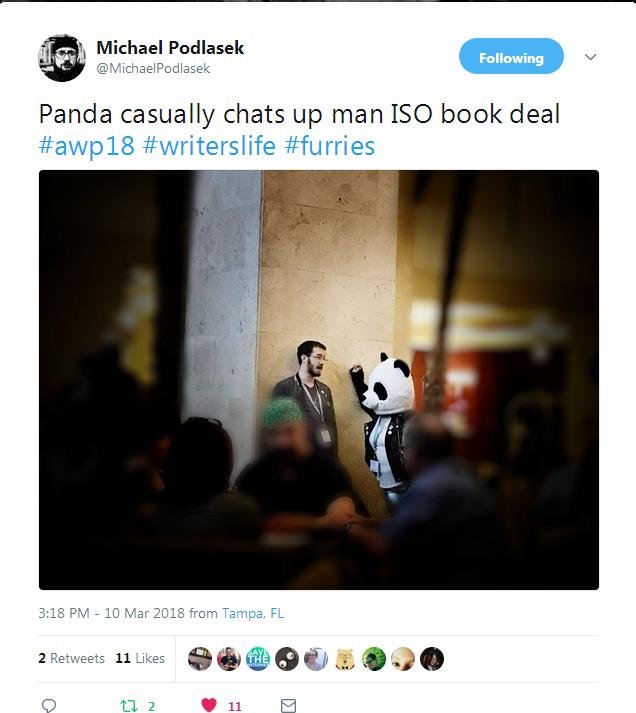 Next year in Portland! Maybe Seattleites can get some party buses organized...
Next year in Portland! Maybe Seattleites can get some party buses organized...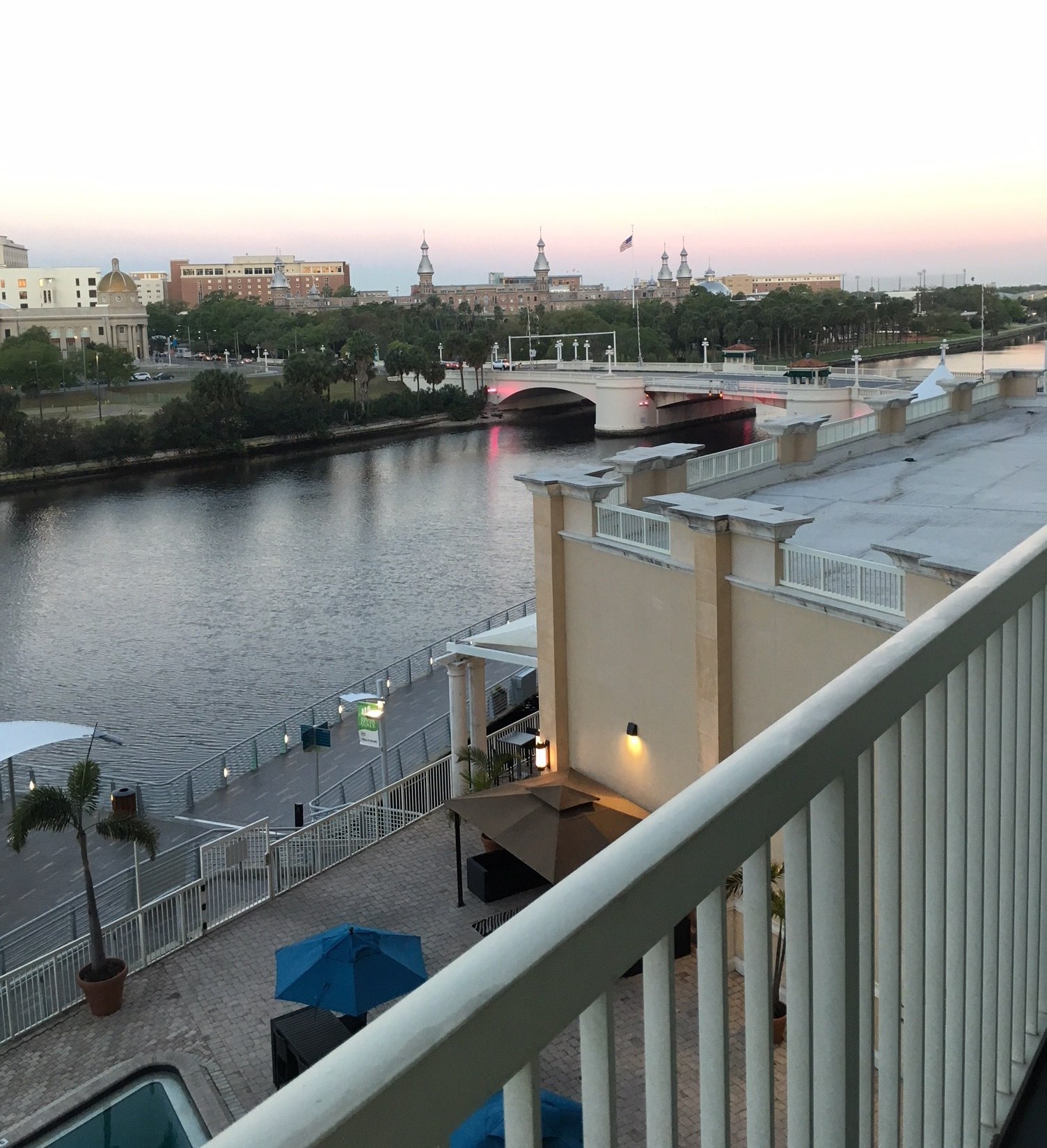 The Friday of AWP is always the best day. The nervous energy of Thursday has dissipated, and the inevitable Saturday flu epidemic has not yet emerged. I woke early to respond to student stories and breakfasted on a leftover Cuban sandwich, wondering if it would make me barf later. Reader, it did not! A fortifying start.Alan Sincic, the fantastic Orlando-based writer who was
The Friday of AWP is always the best day. The nervous energy of Thursday has dissipated, and the inevitable Saturday flu epidemic has not yet emerged. I woke early to respond to student stories and breakfasted on a leftover Cuban sandwich, wondering if it would make me barf later. Reader, it did not! A fortifying start.Alan Sincic, the fantastic Orlando-based writer who was 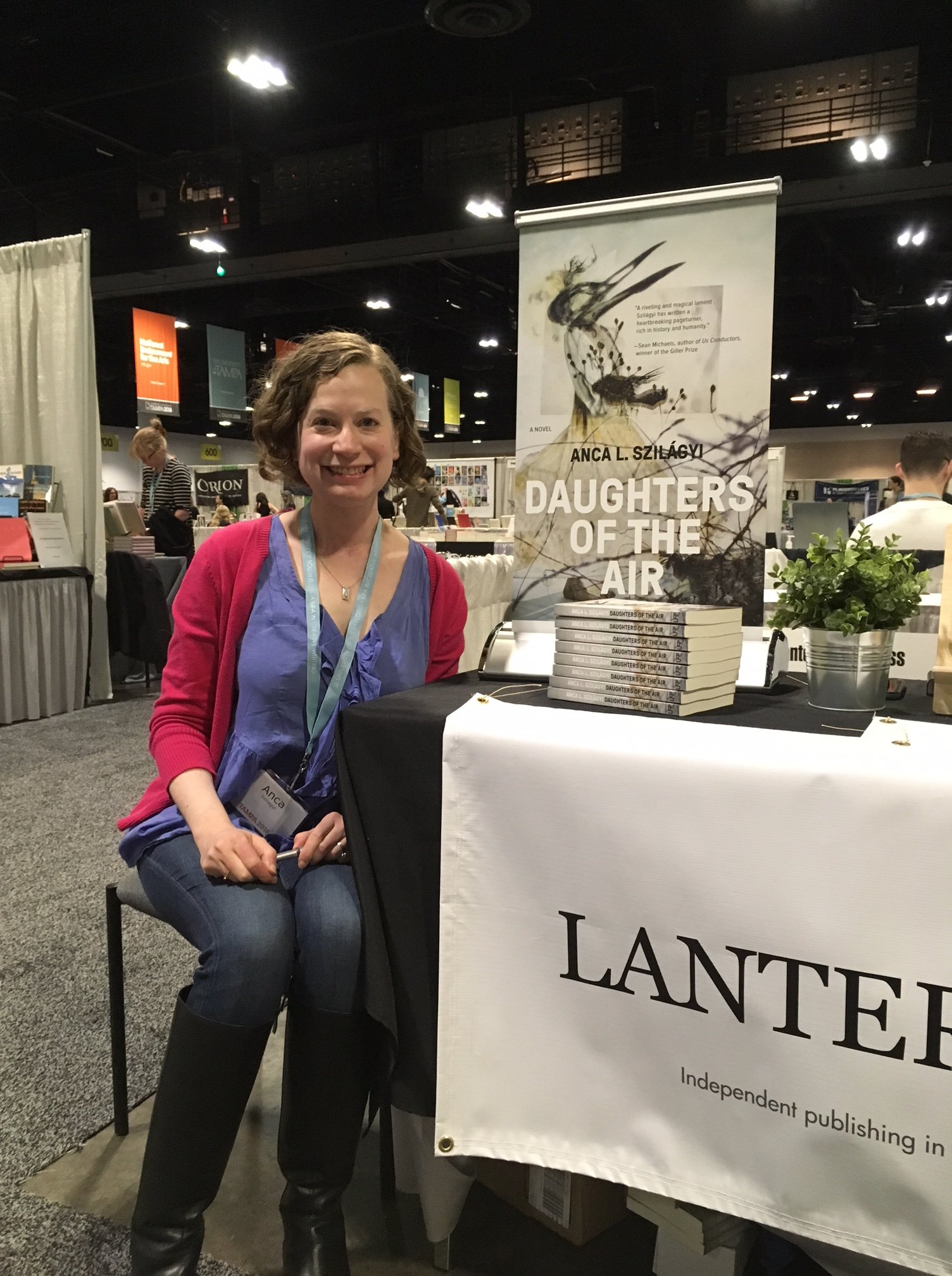 I ducked out early to get to my book signing at the
I ducked out early to get to my book signing at the 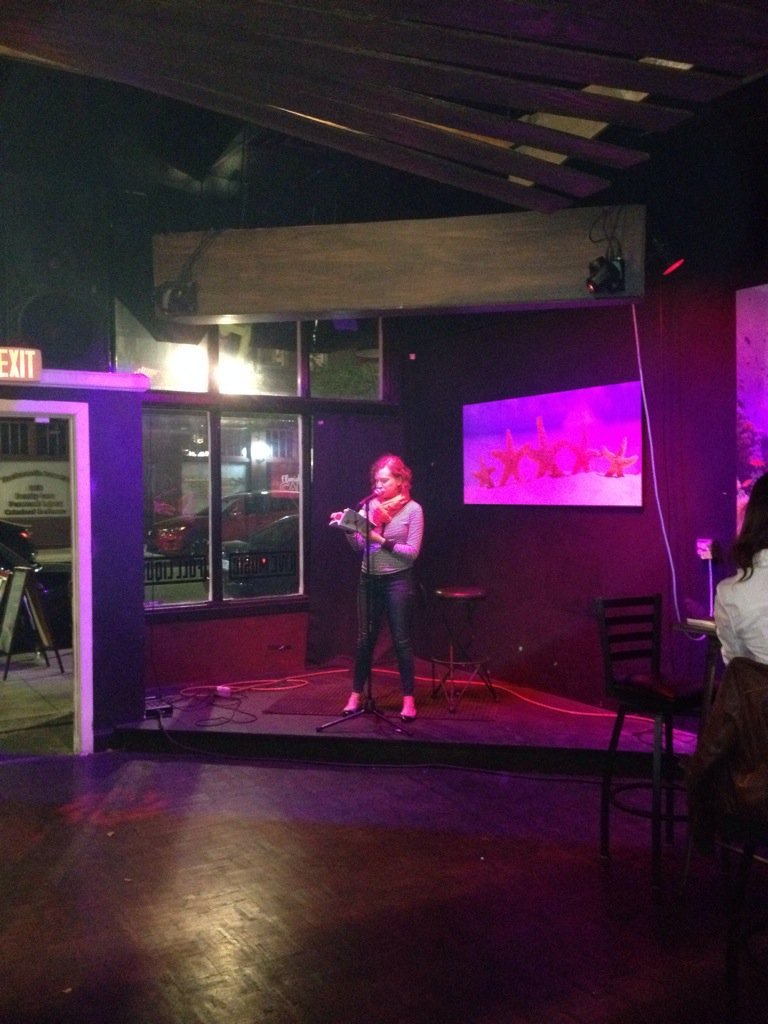
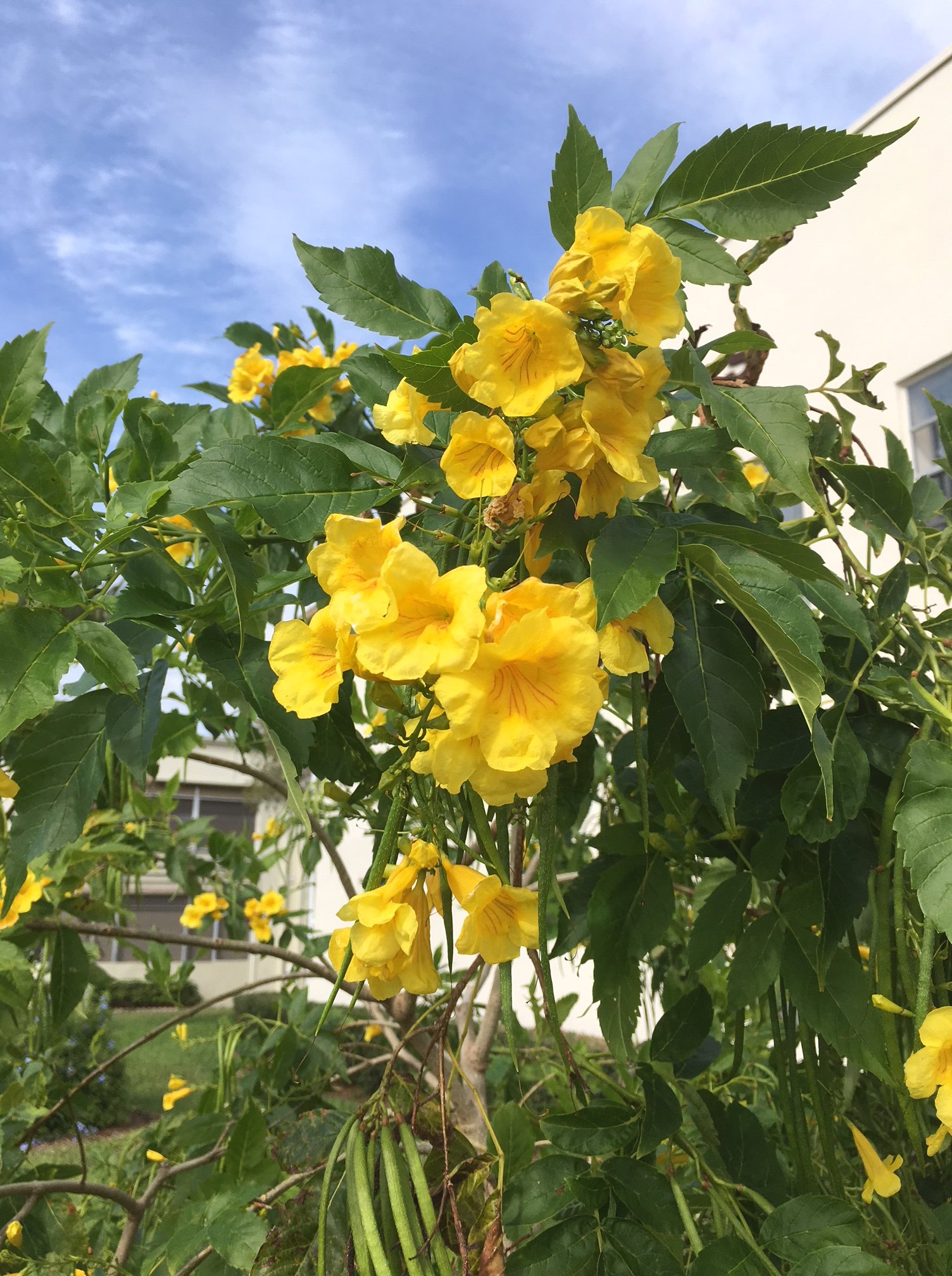 I'm back home after a whirlwind book tour that ended with AWP in Tampa. Michael and I drove up from Delray Beach through the Everglades, hoping to spot alligators, and though there were none, pelicans abounded.We arrived in time for me to catch one panel Thursday afternoon, "
I'm back home after a whirlwind book tour that ended with AWP in Tampa. Michael and I drove up from Delray Beach through the Everglades, hoping to spot alligators, and though there were none, pelicans abounded.We arrived in time for me to catch one panel Thursday afternoon, "